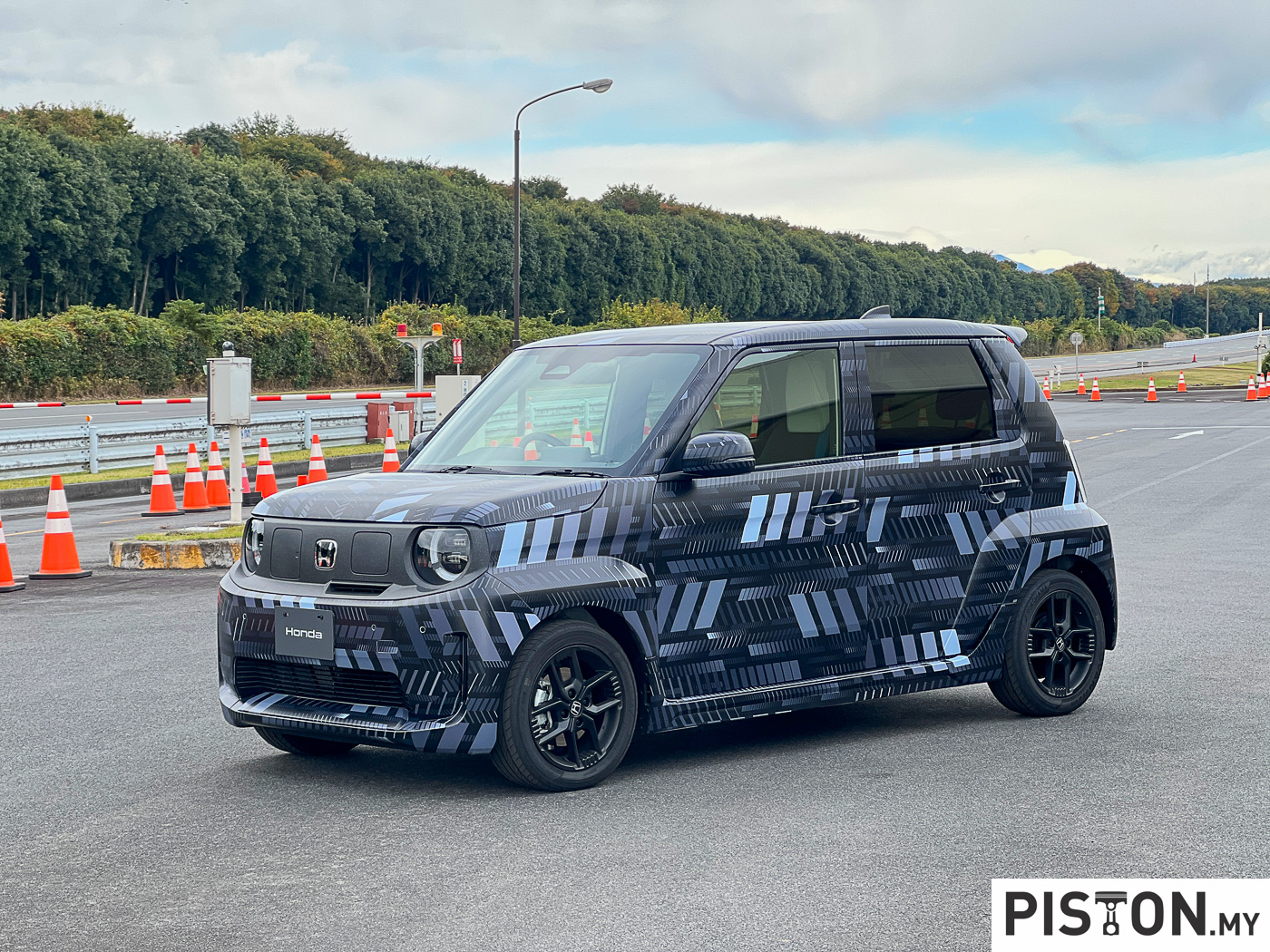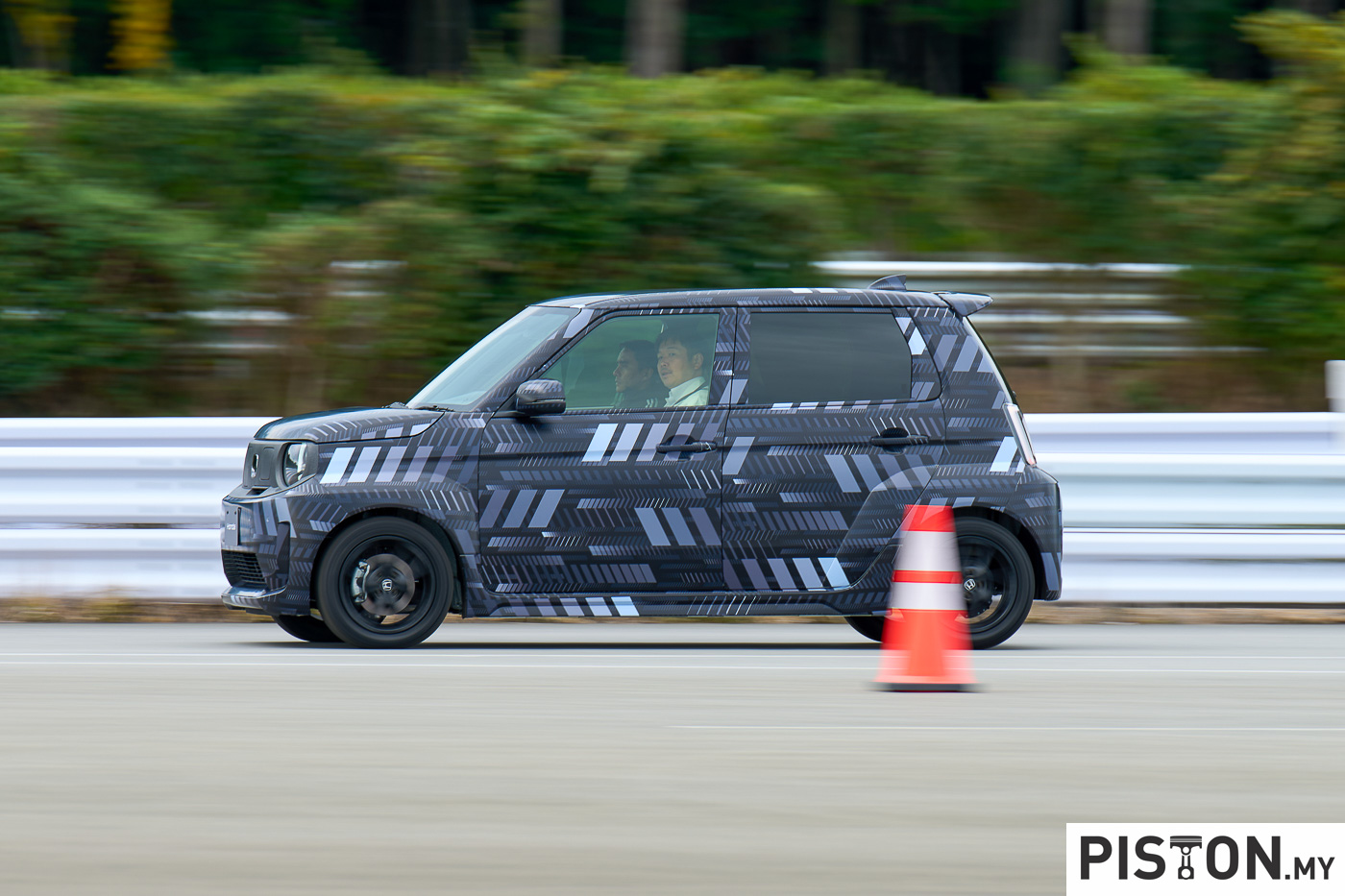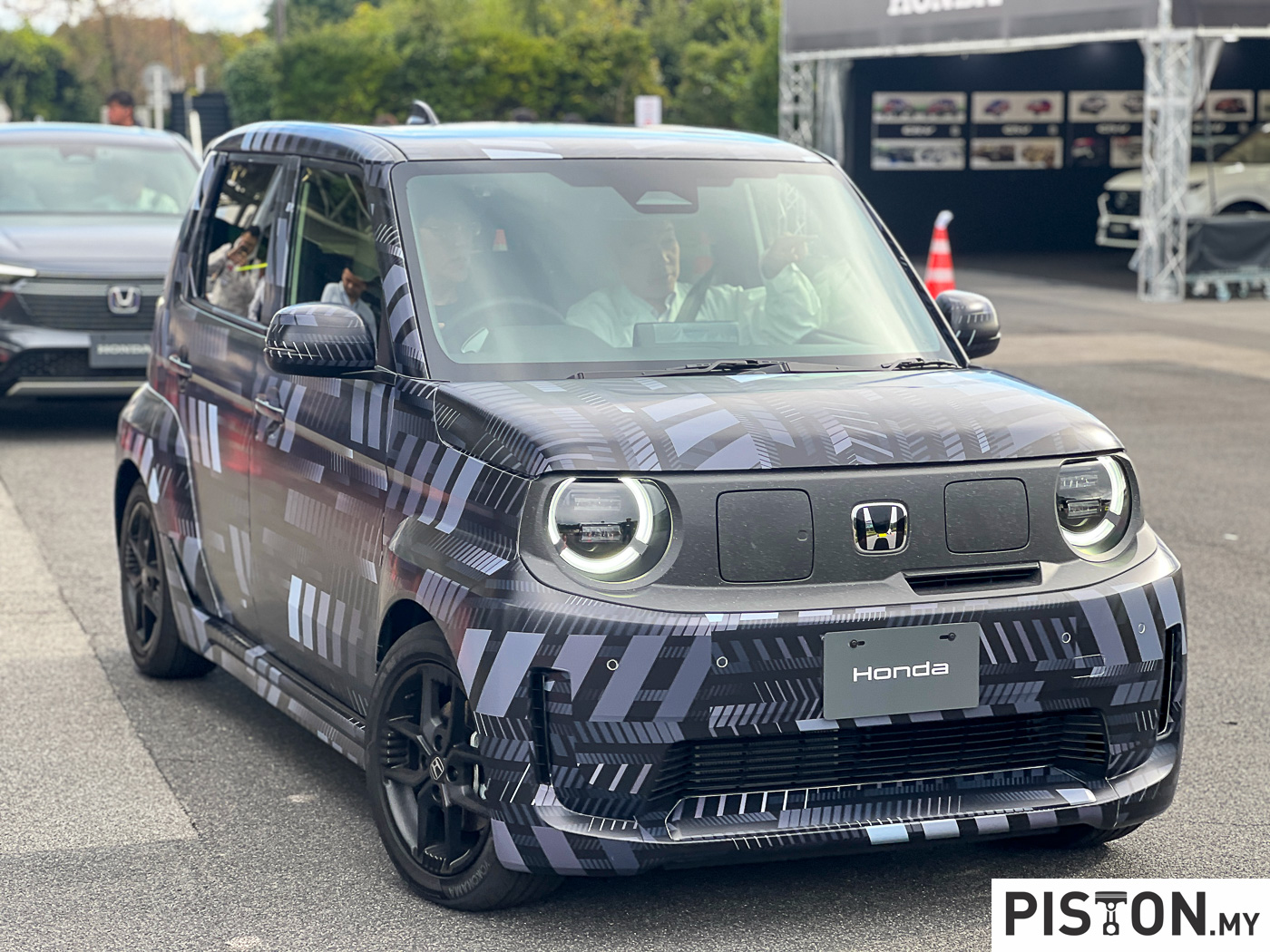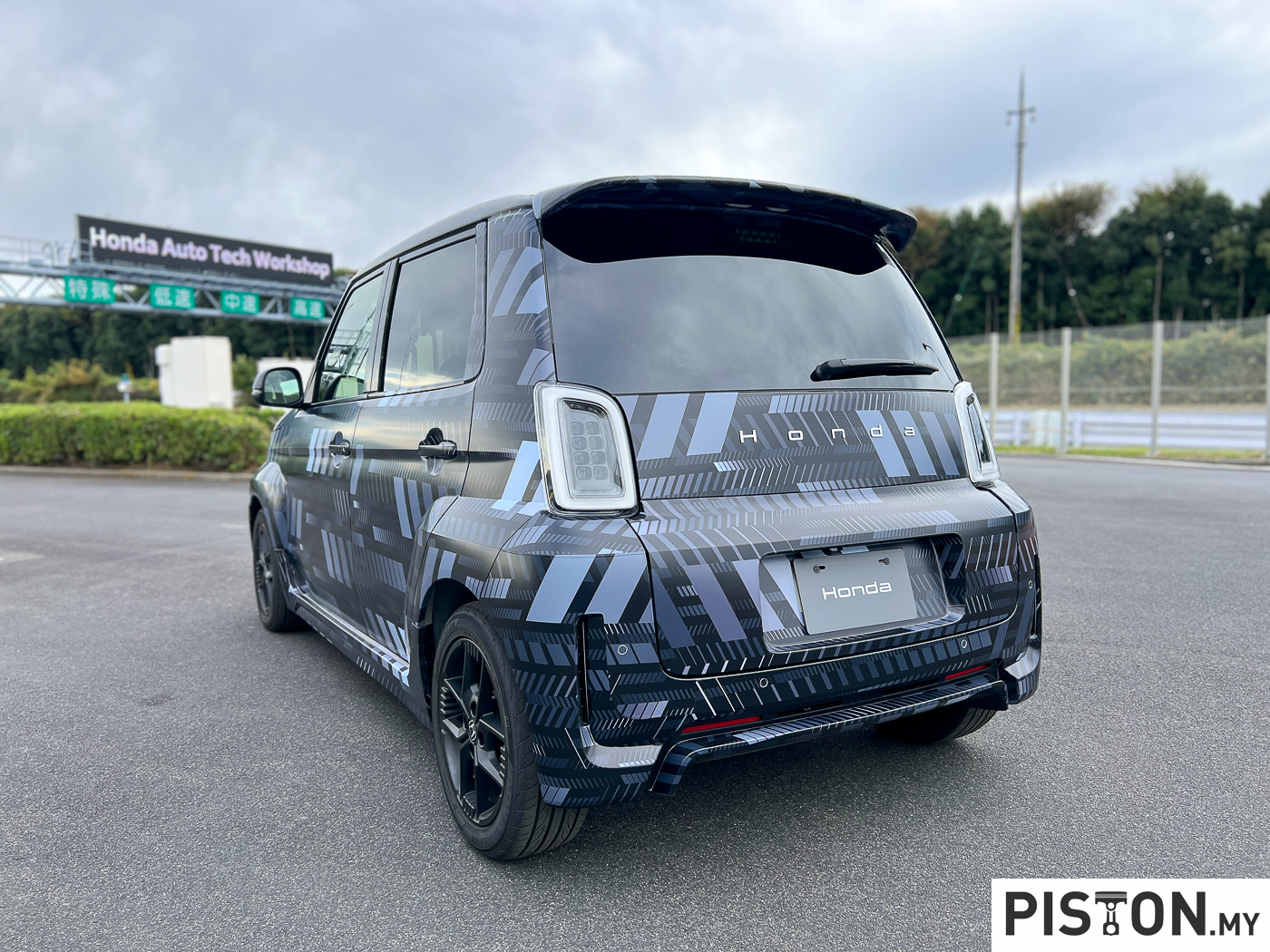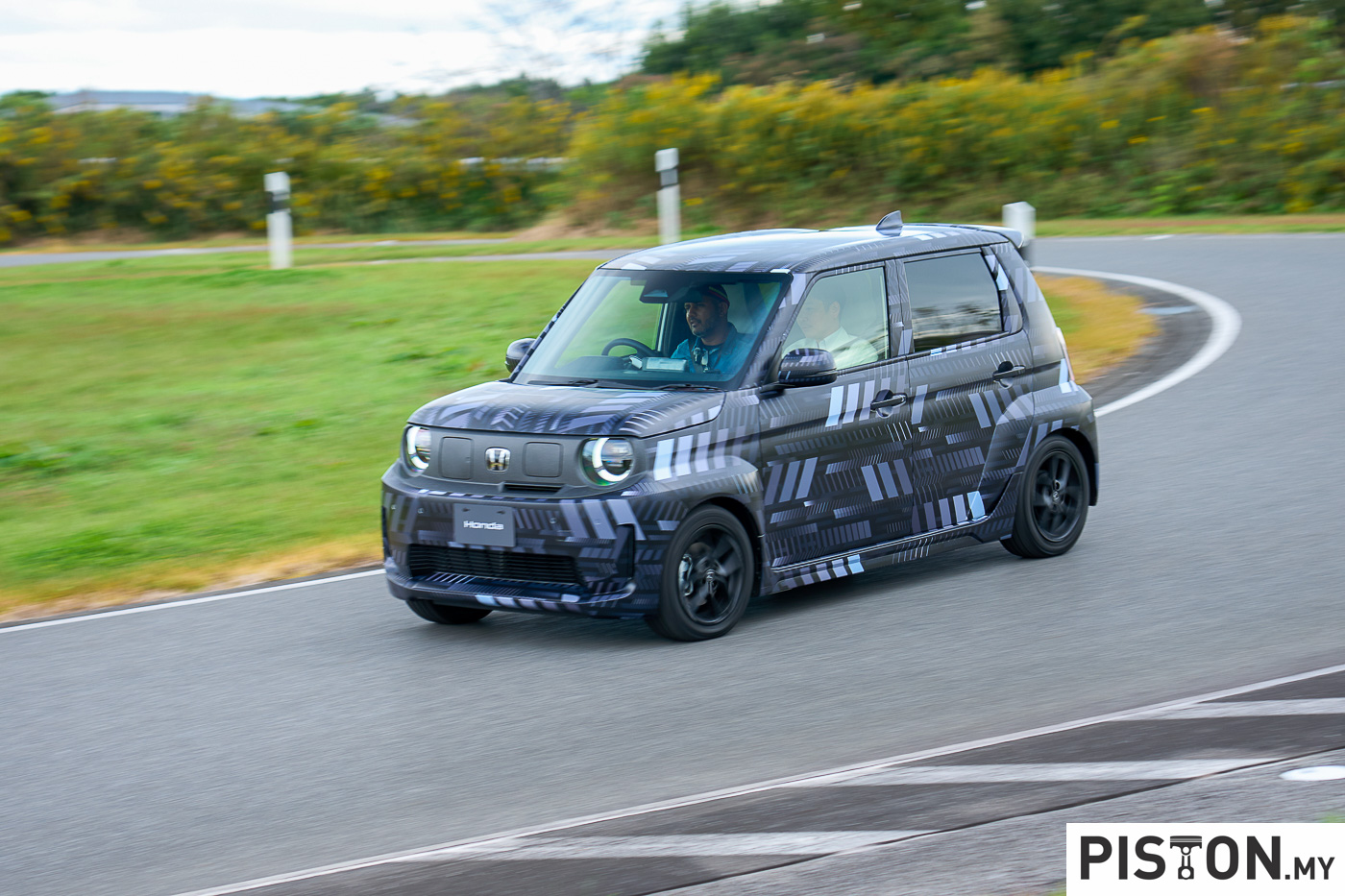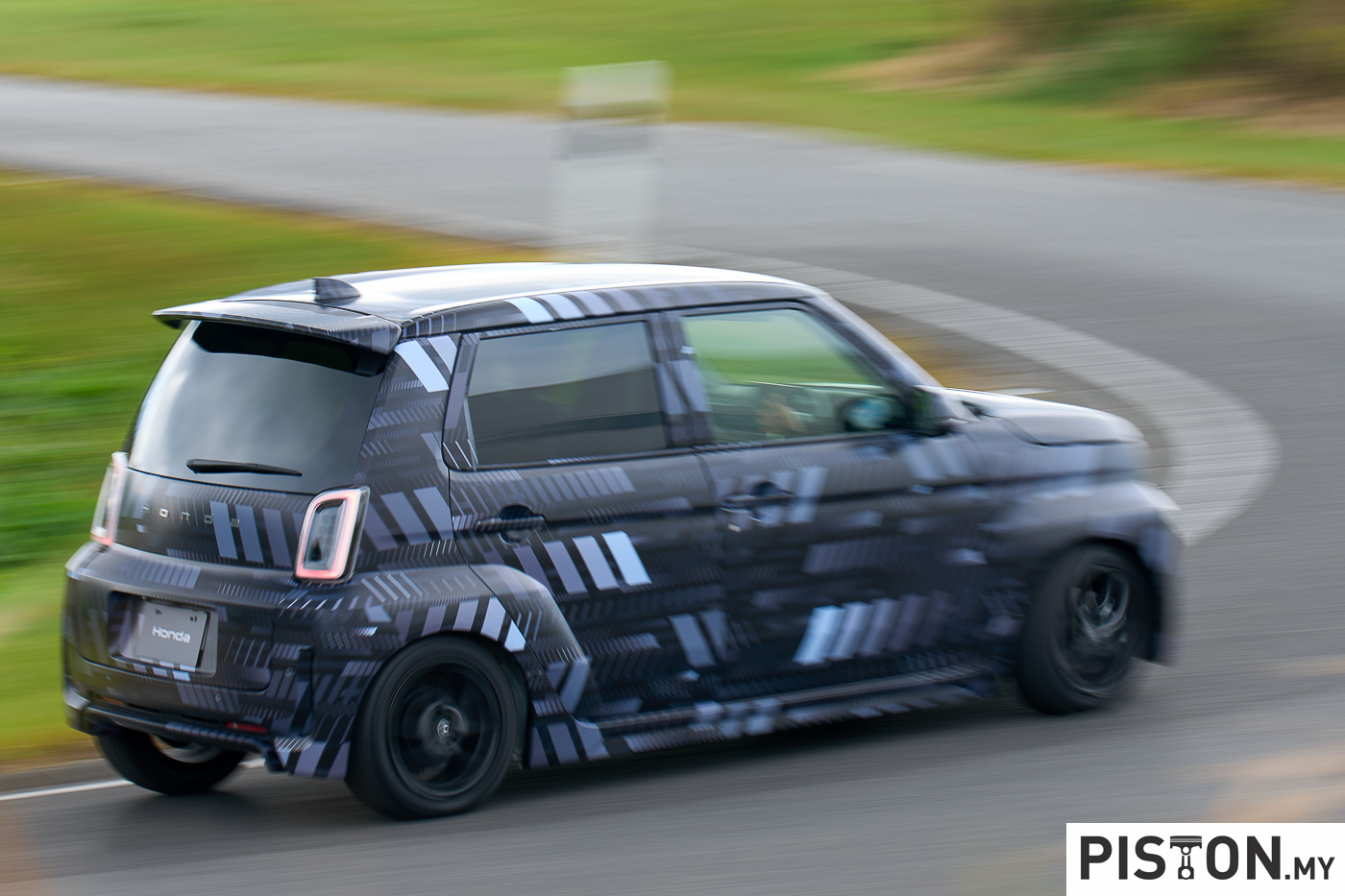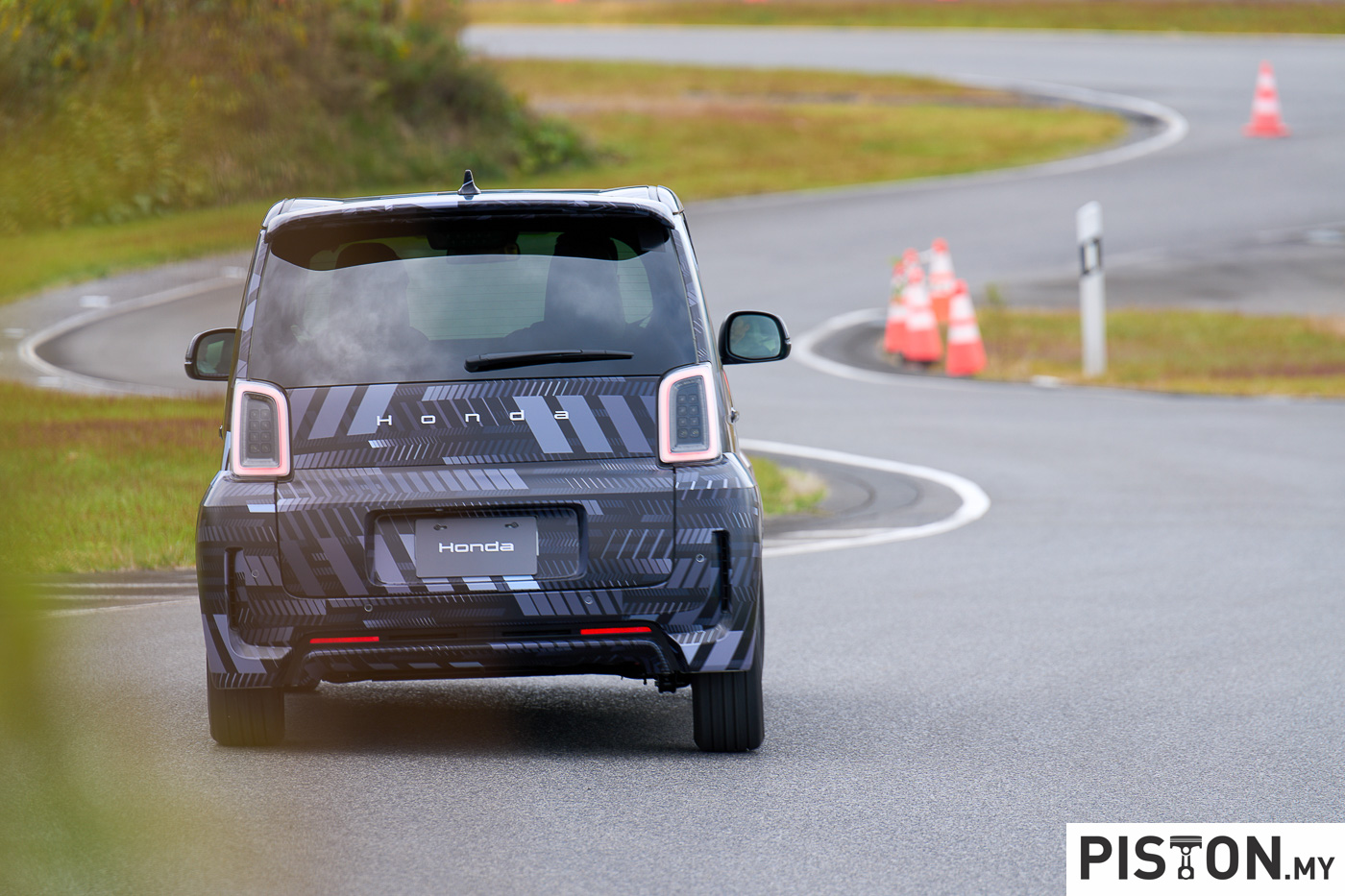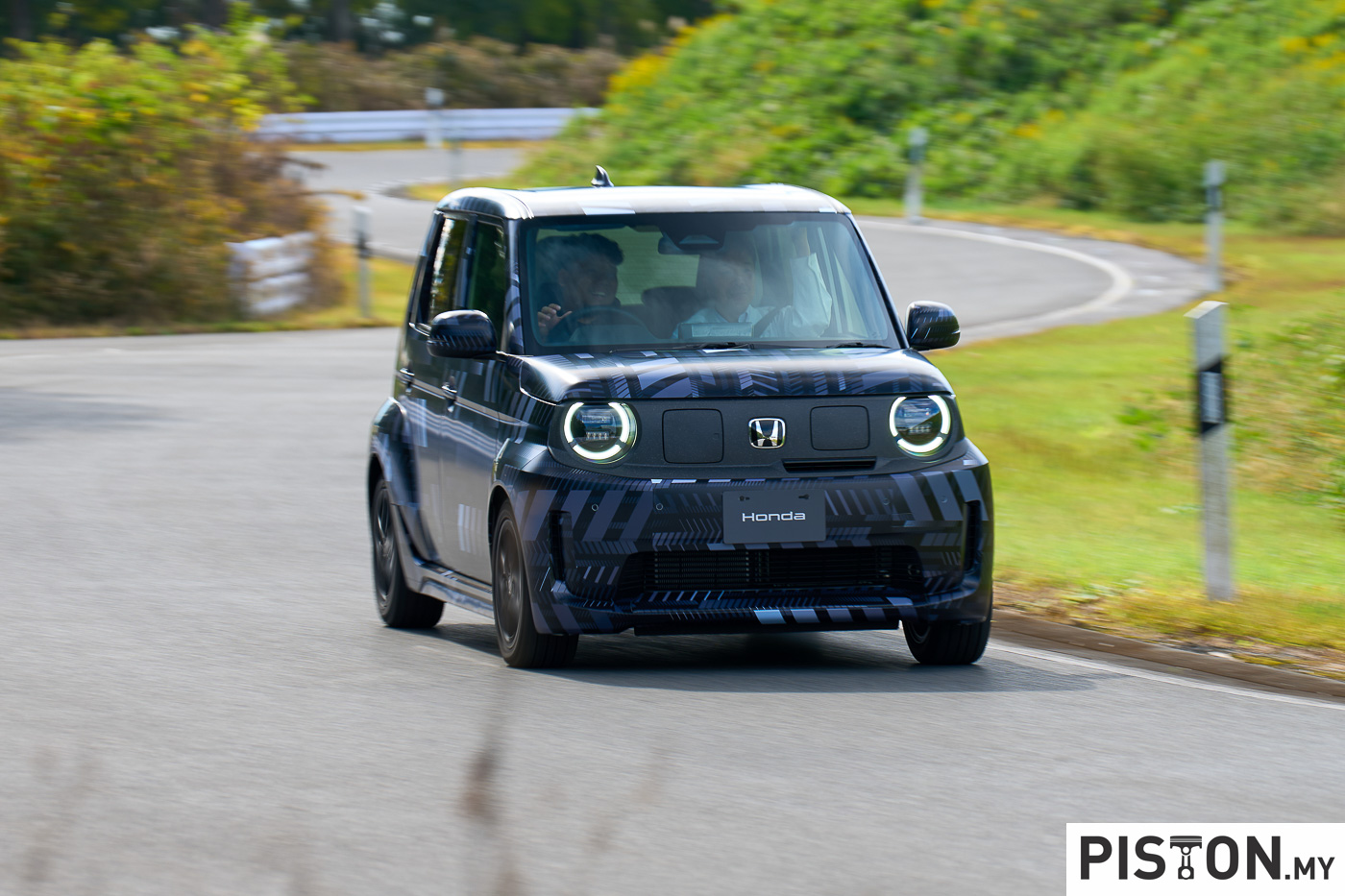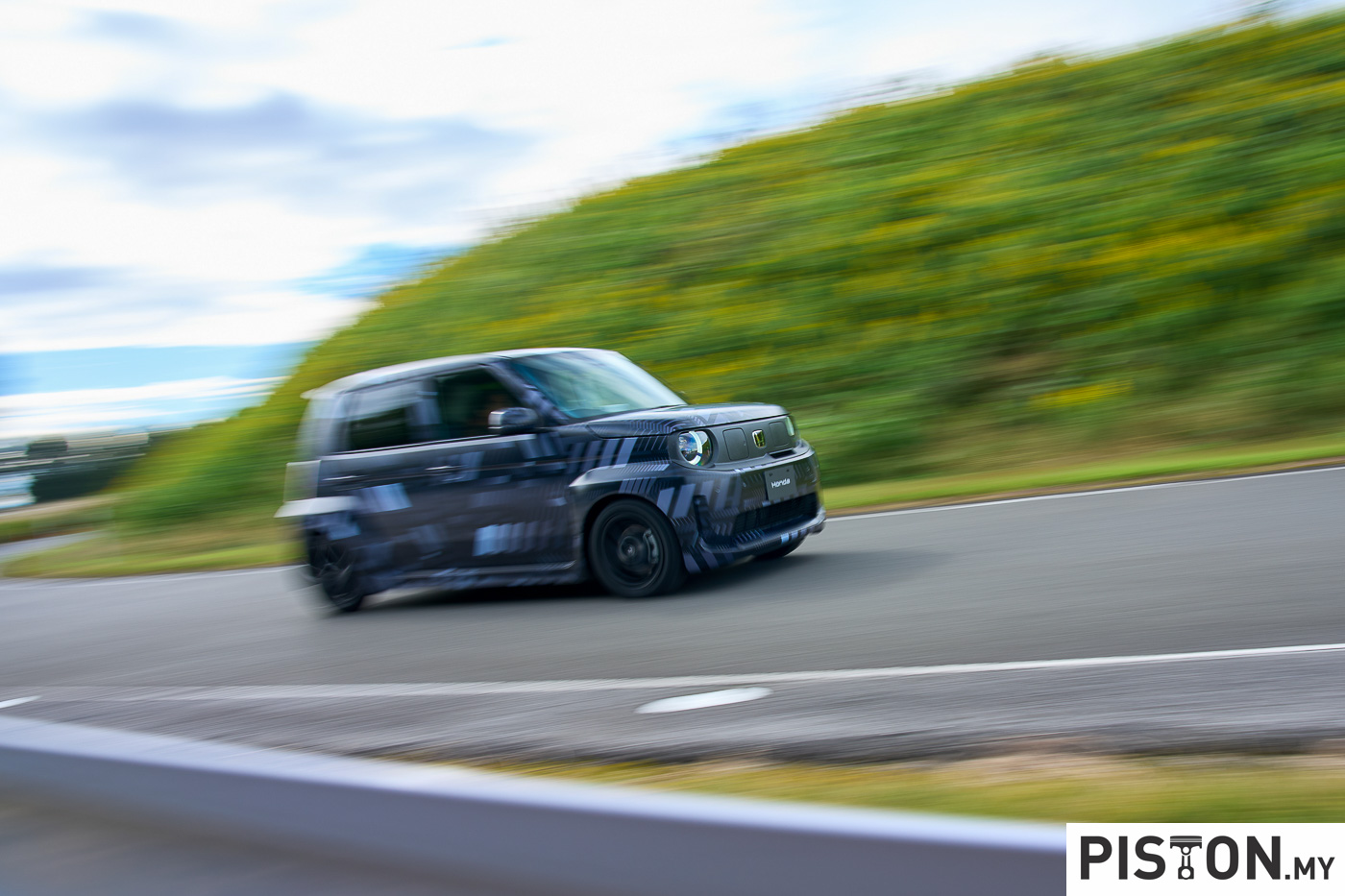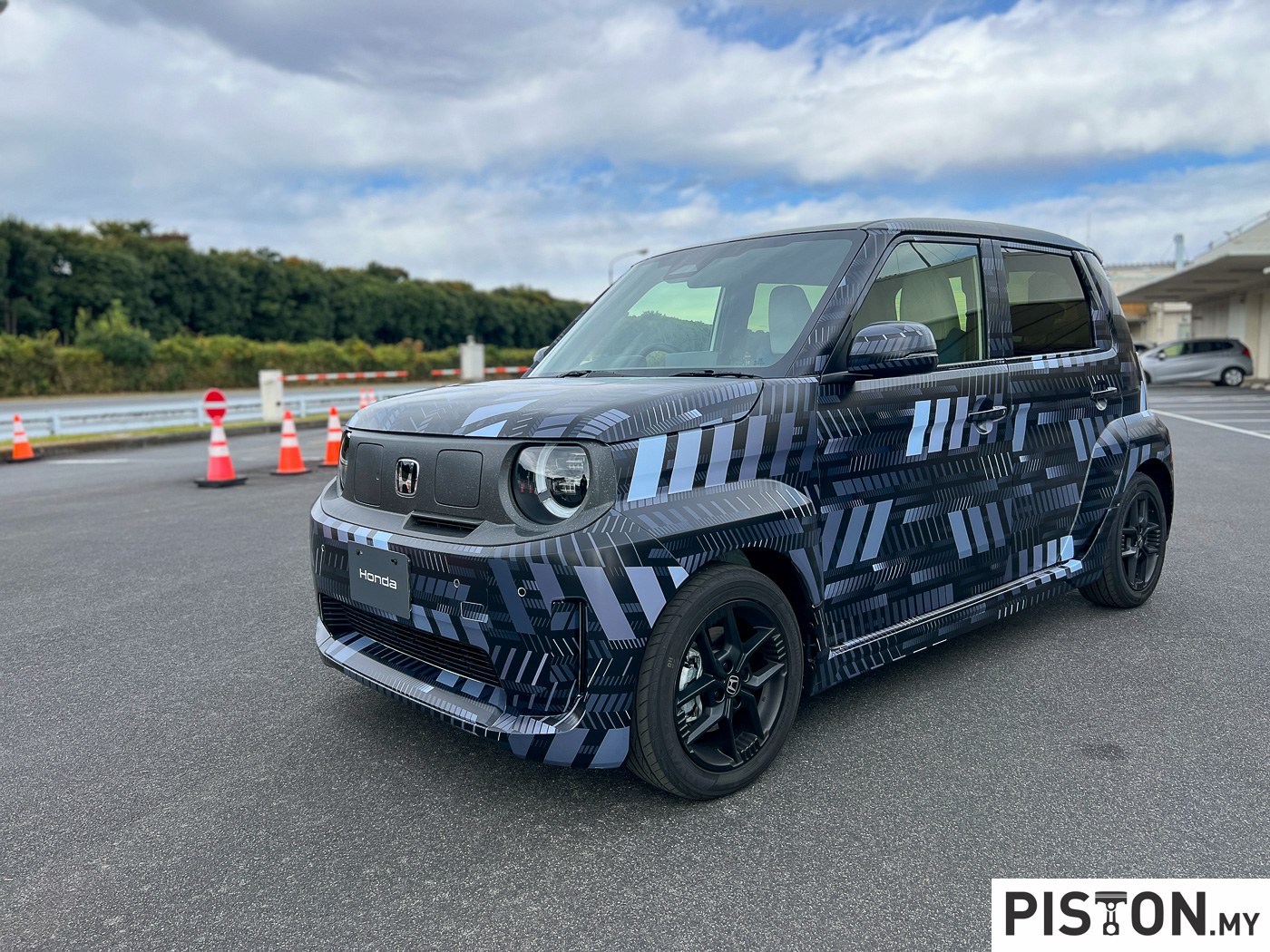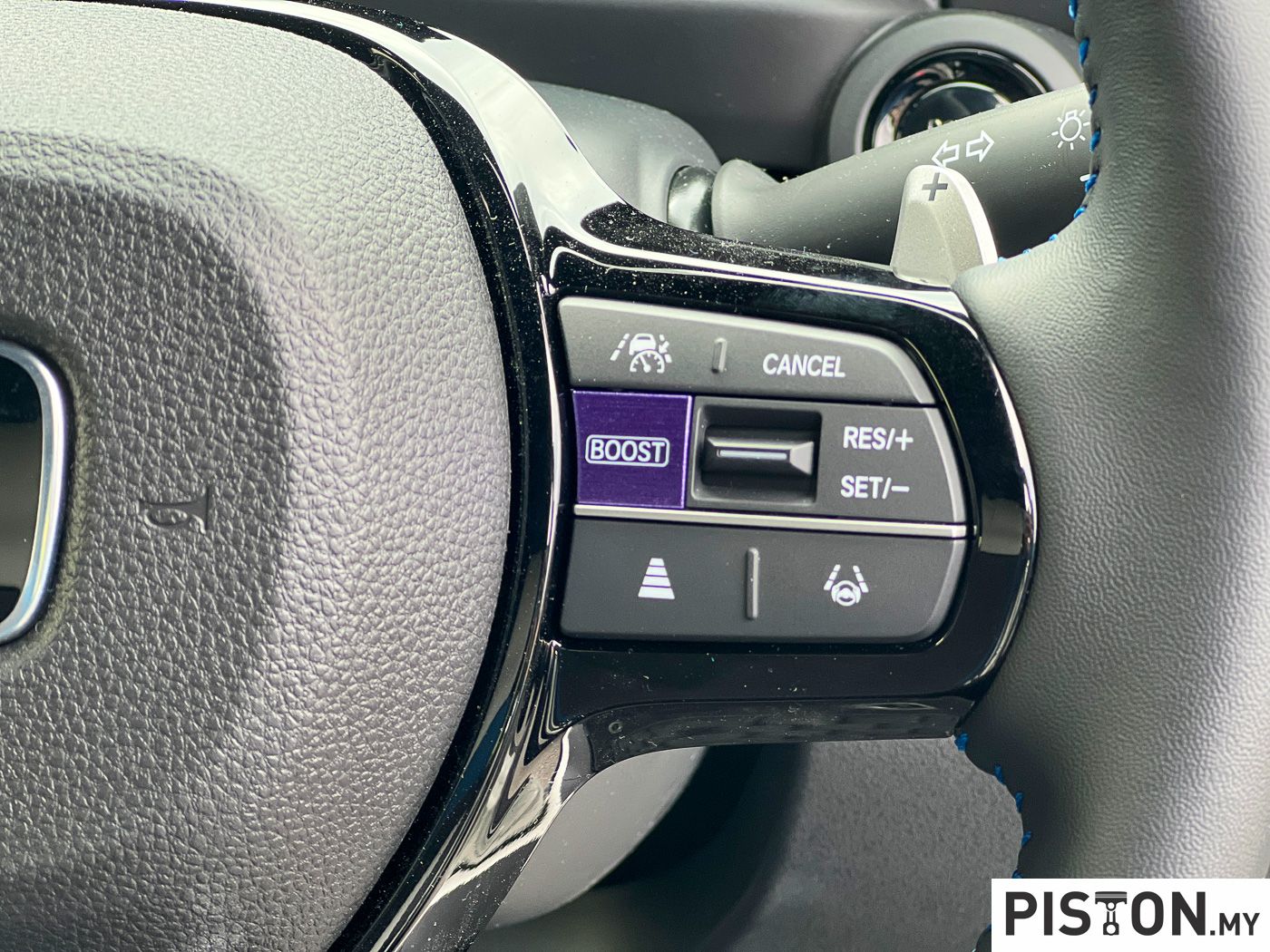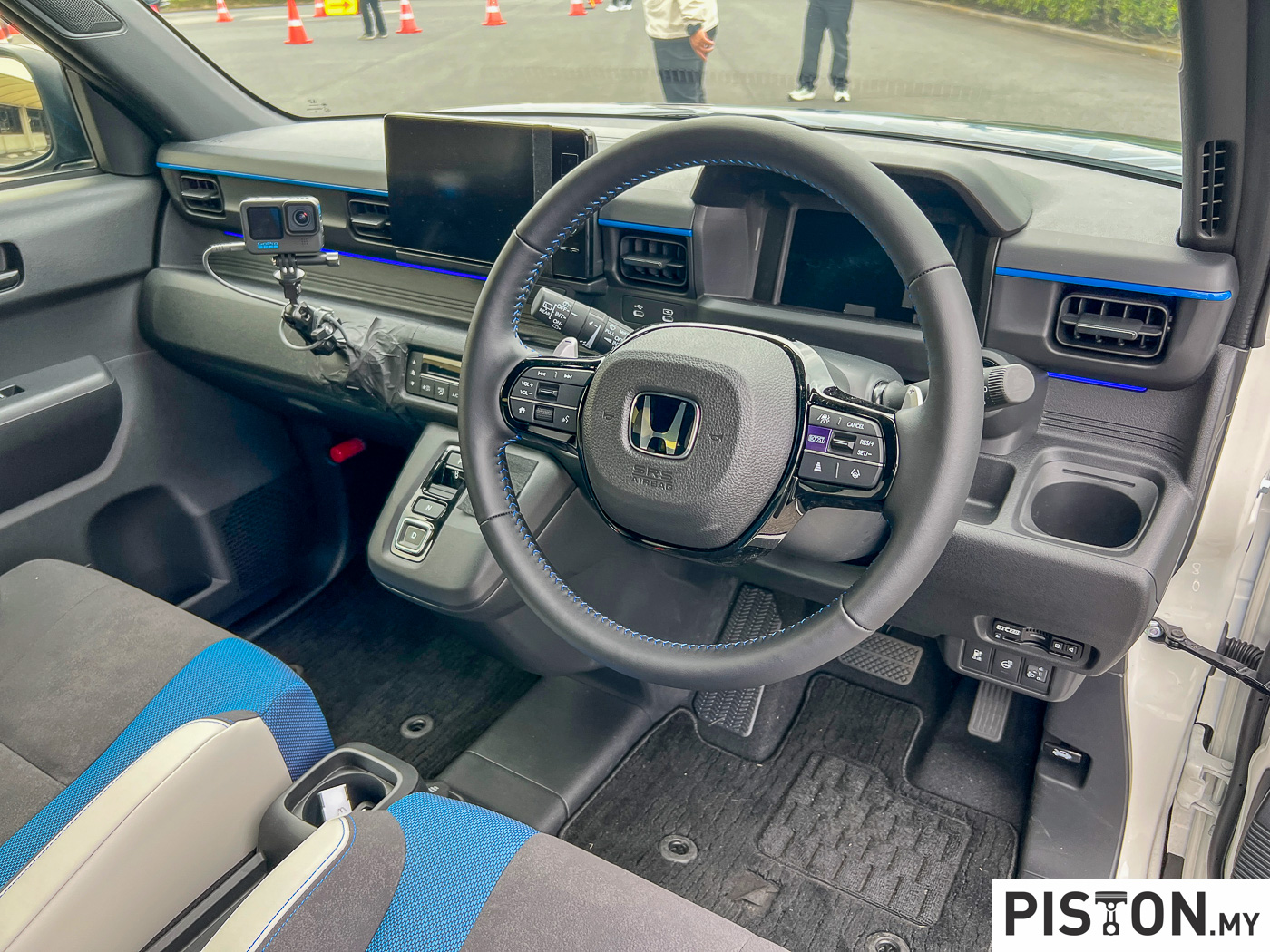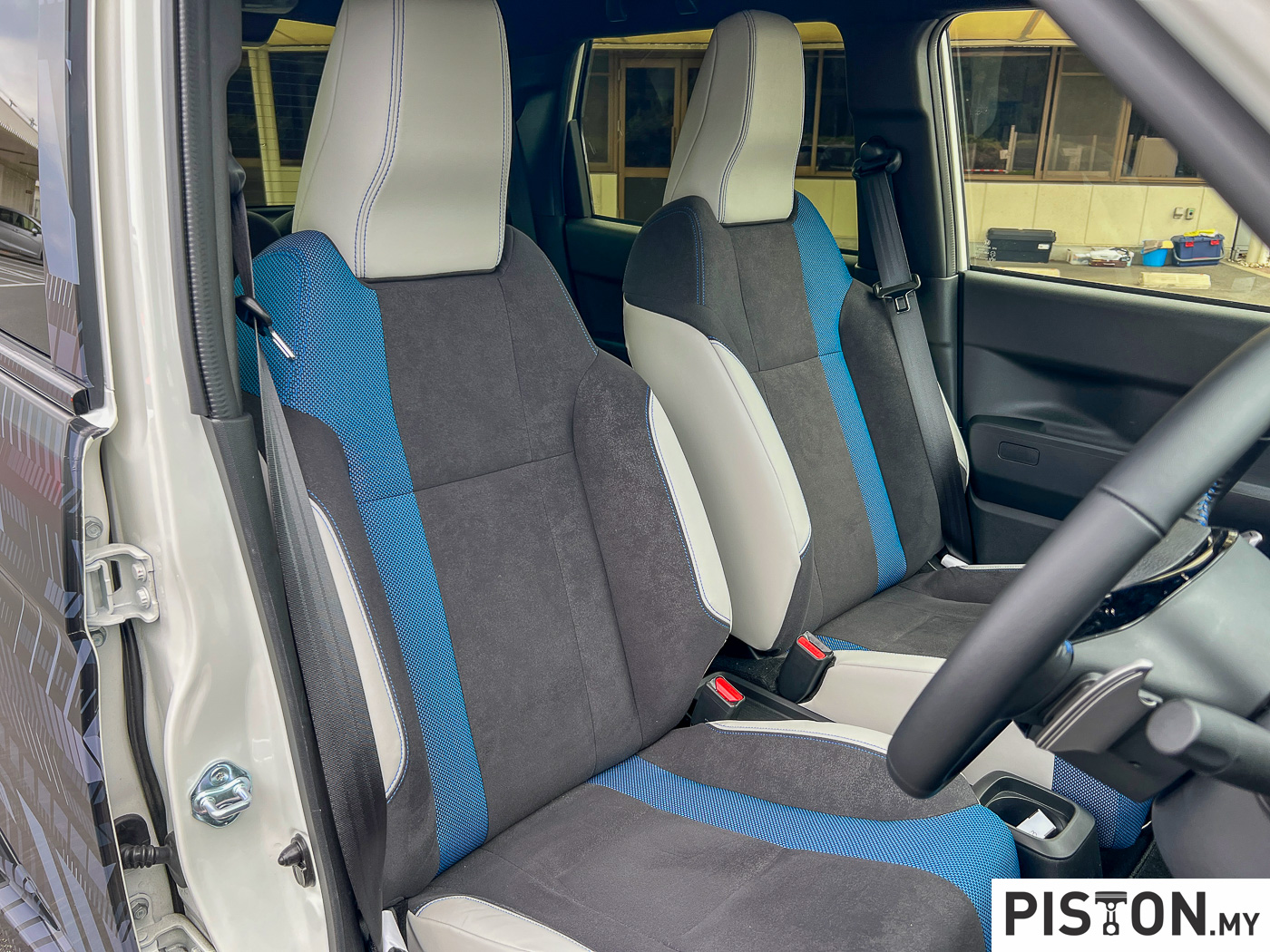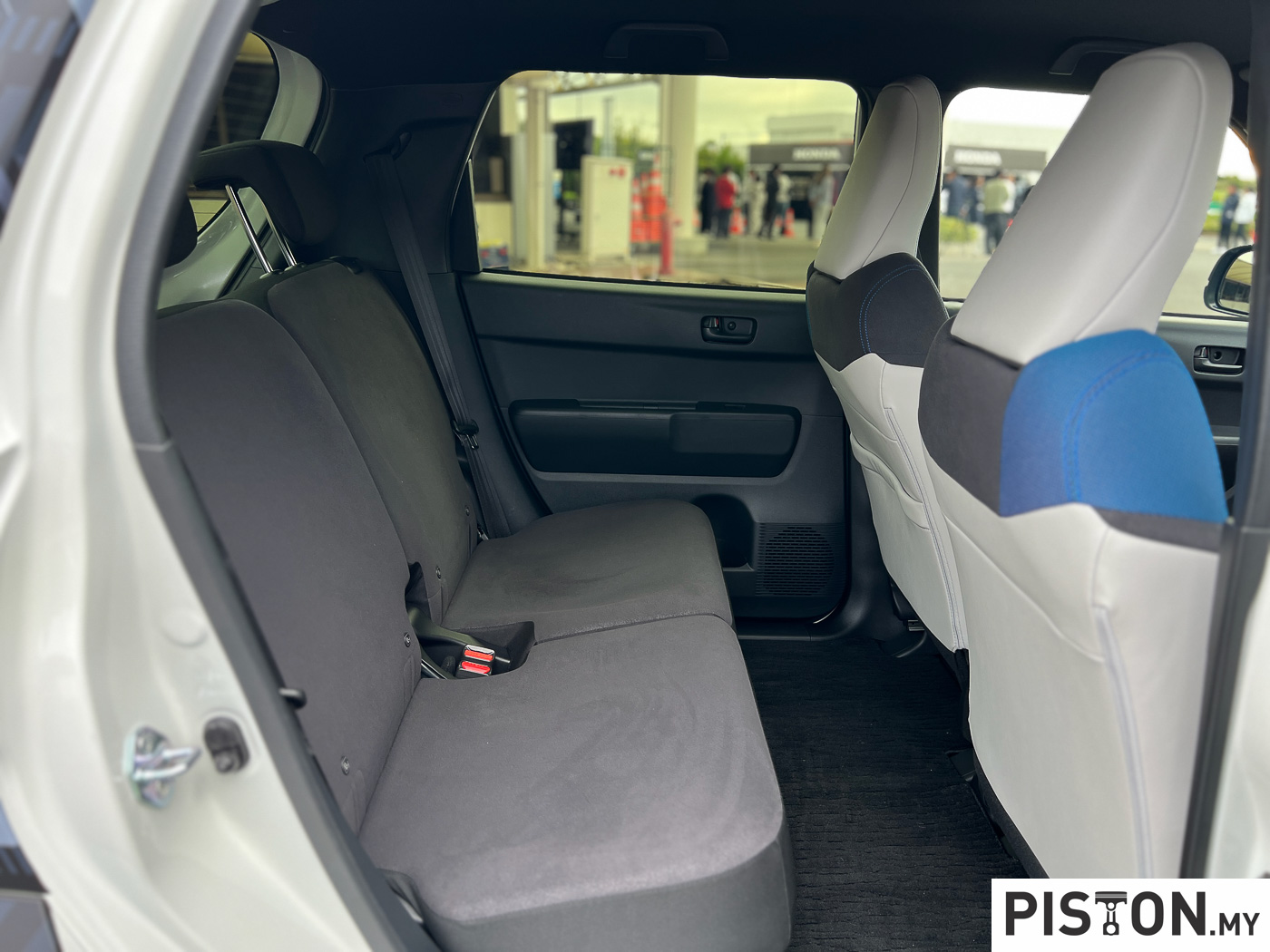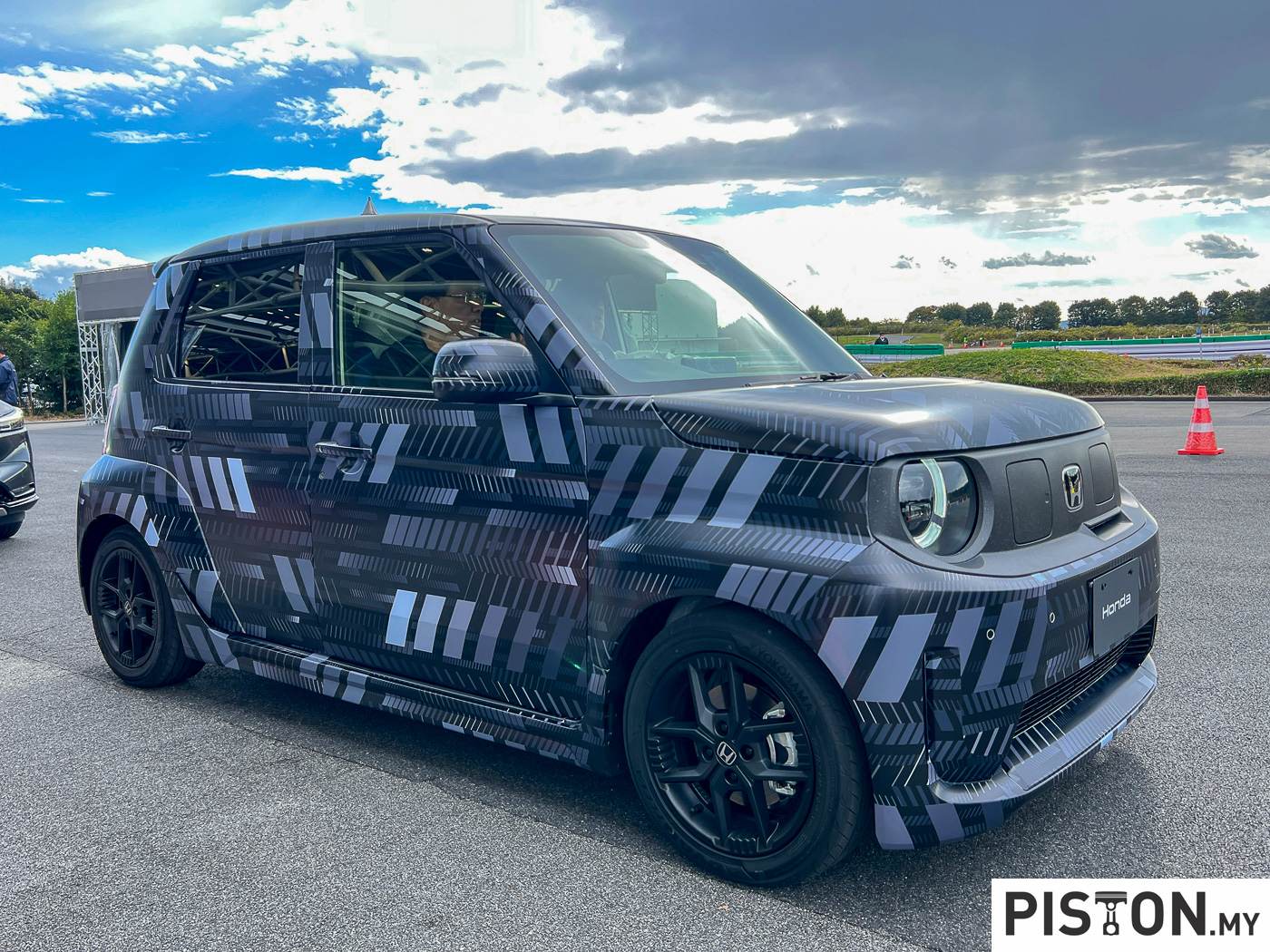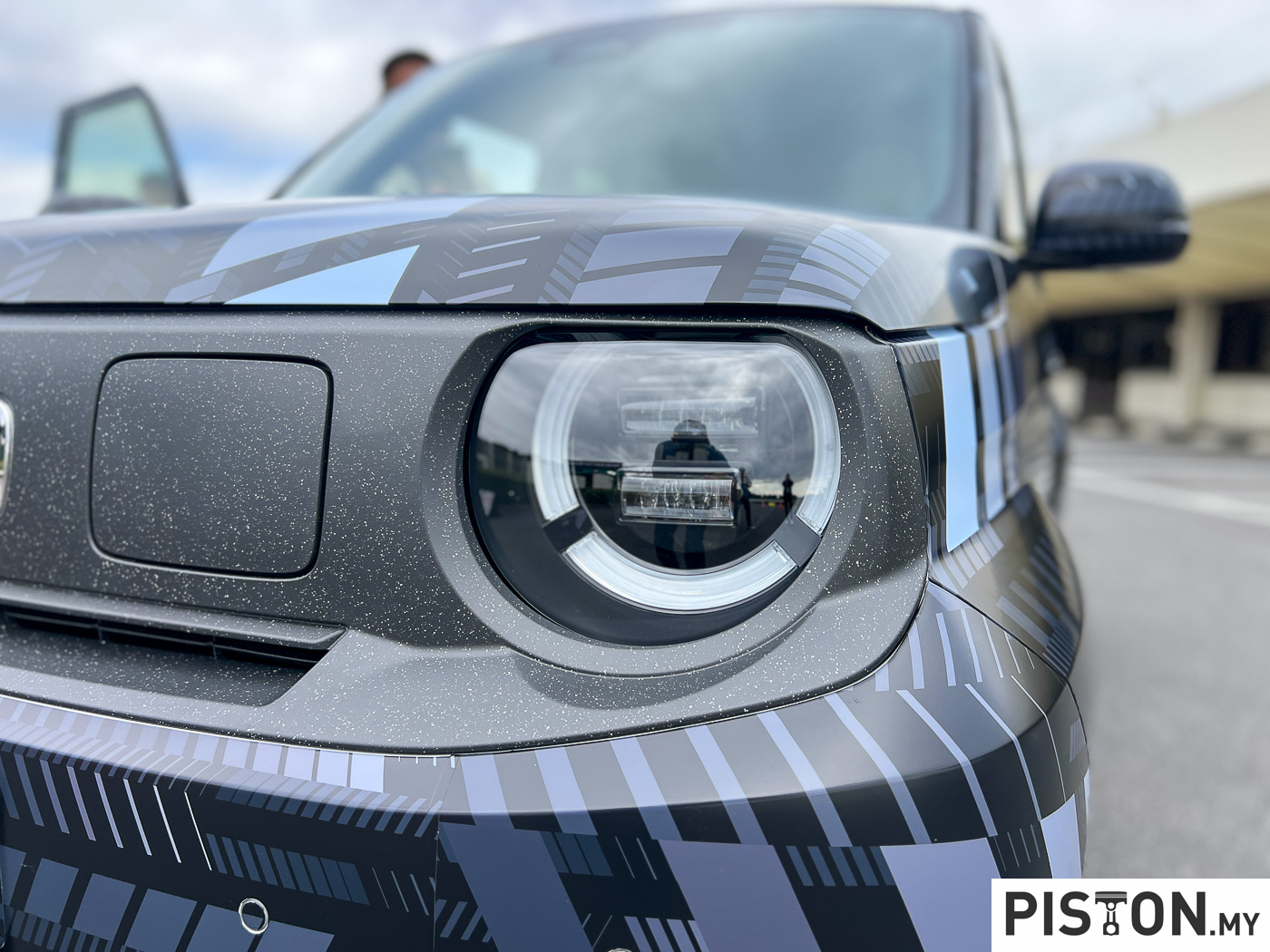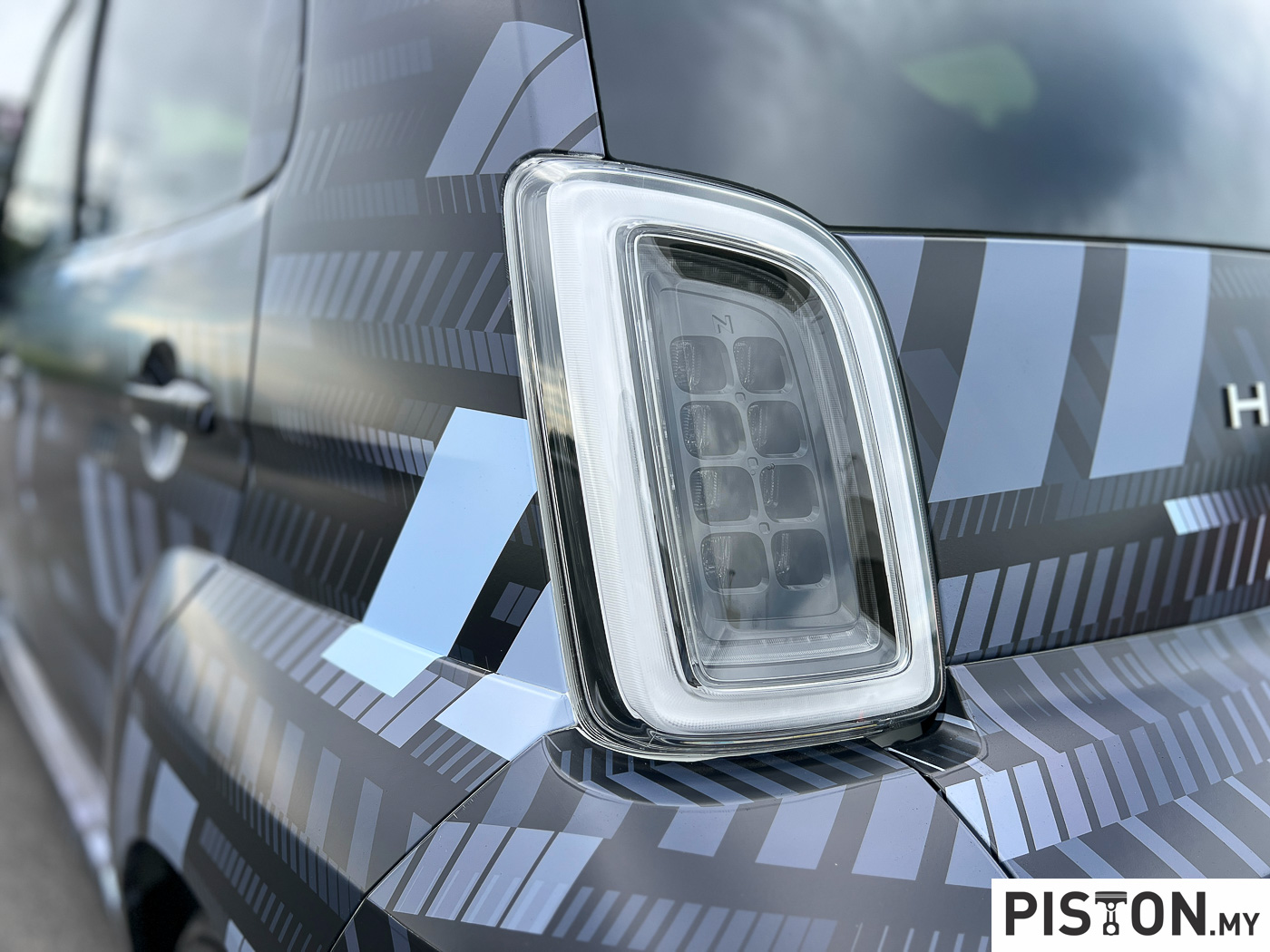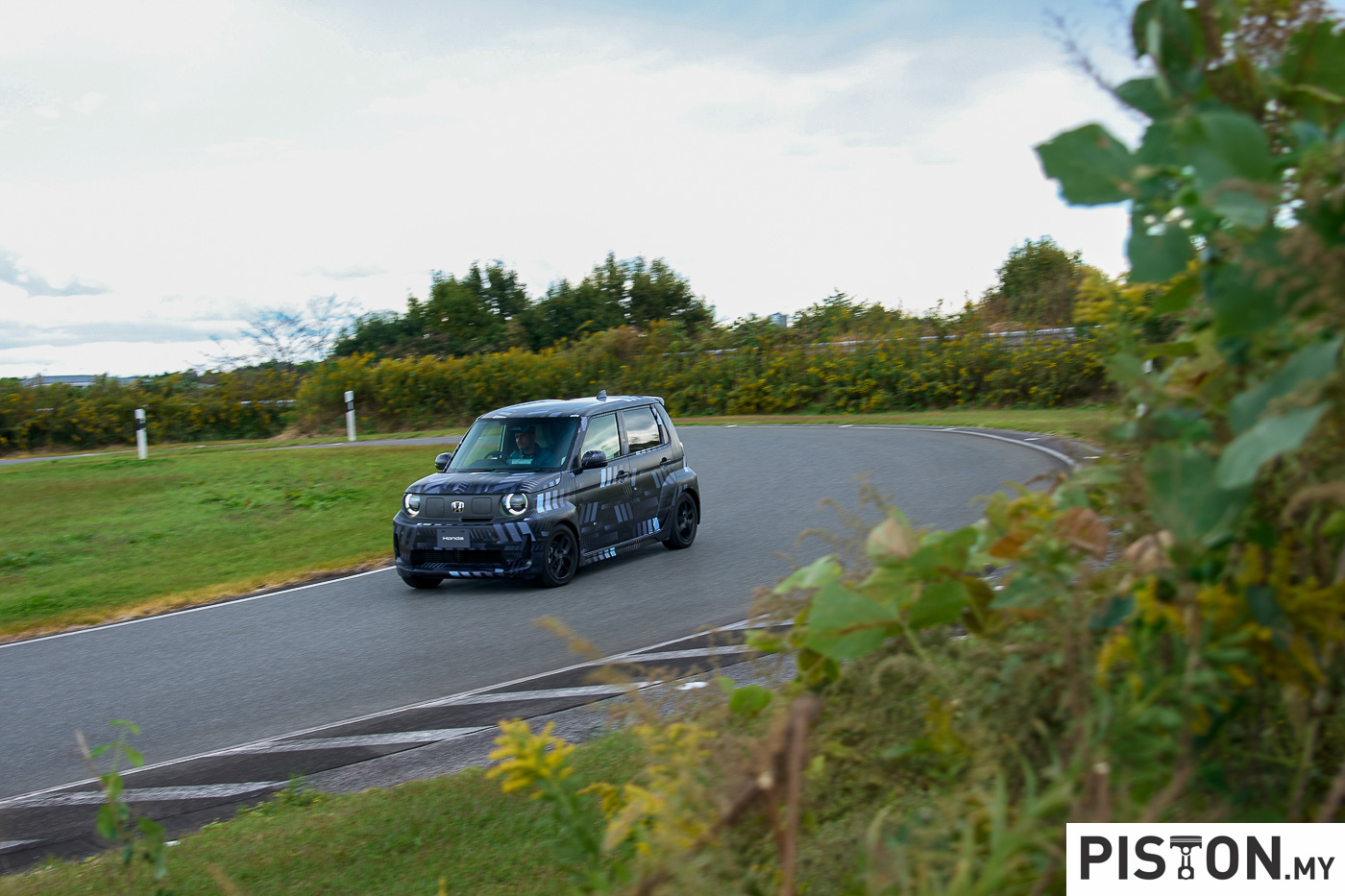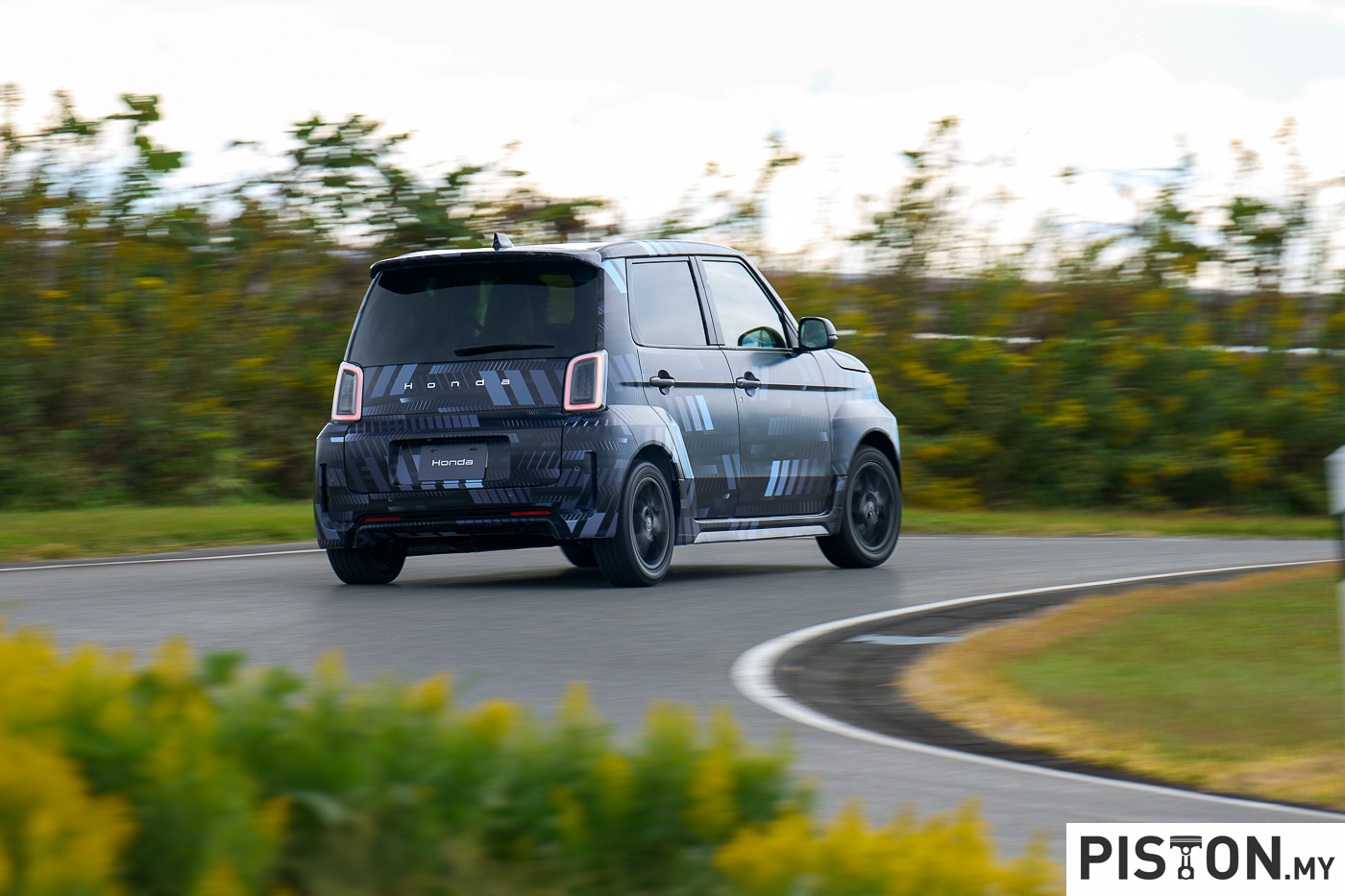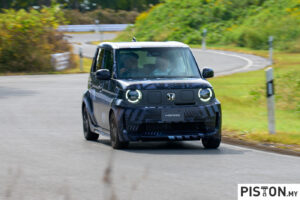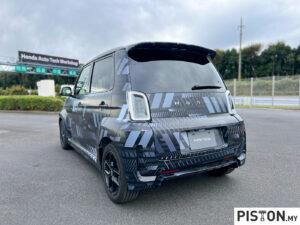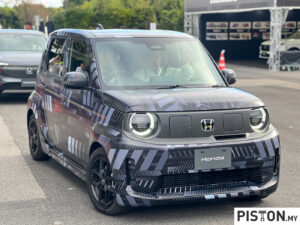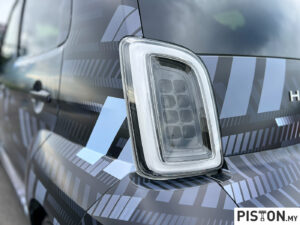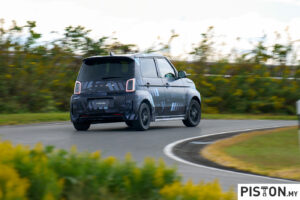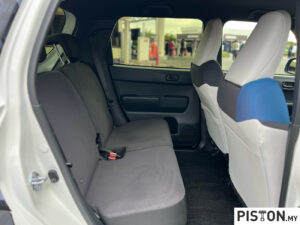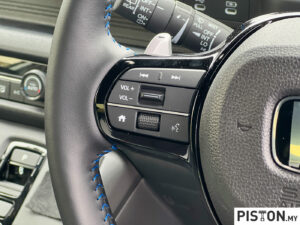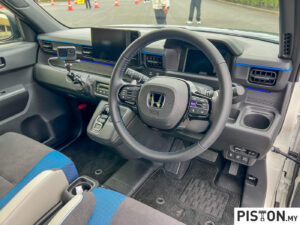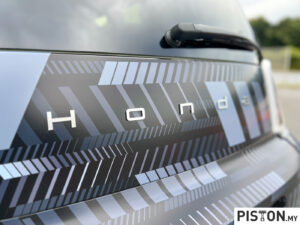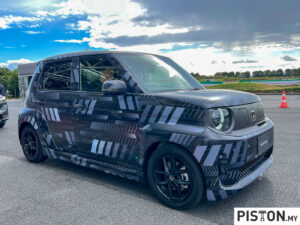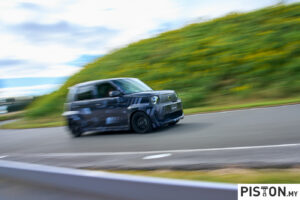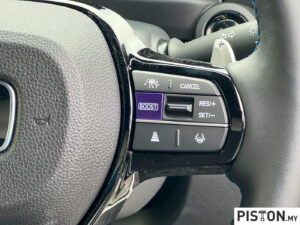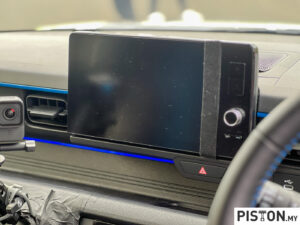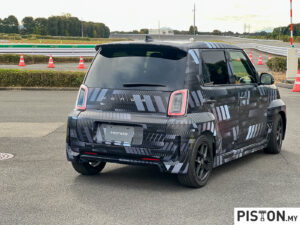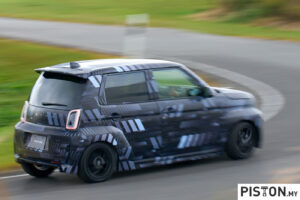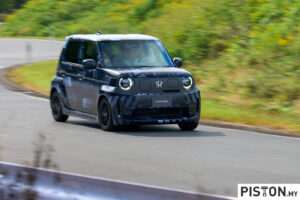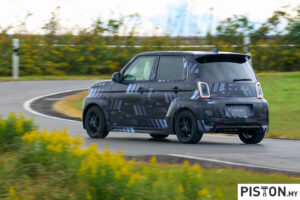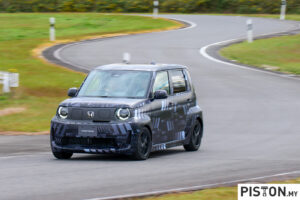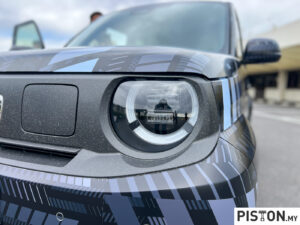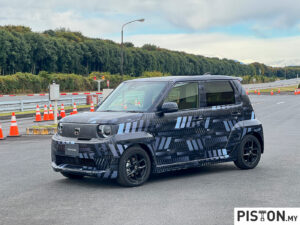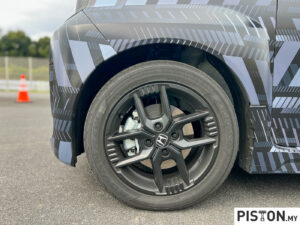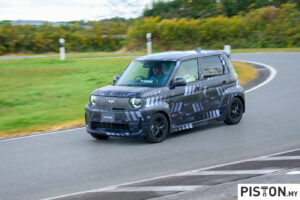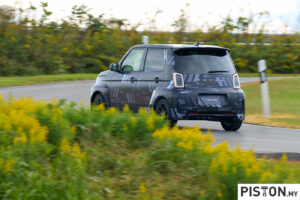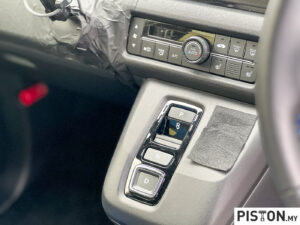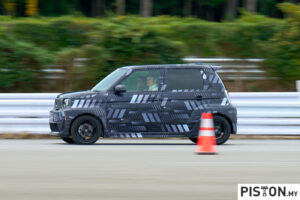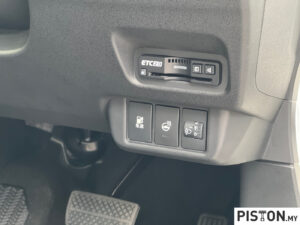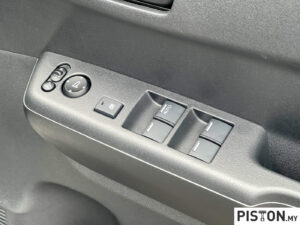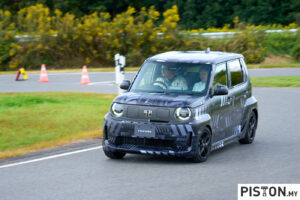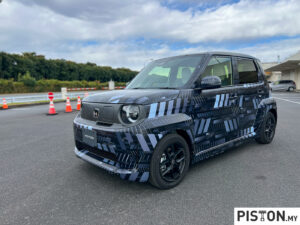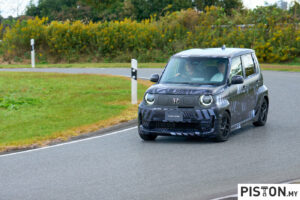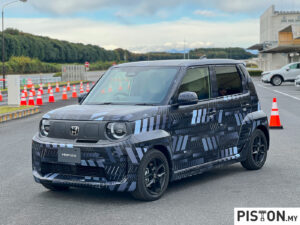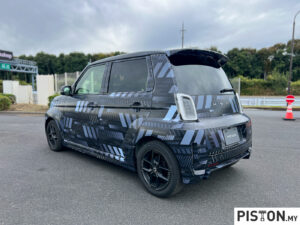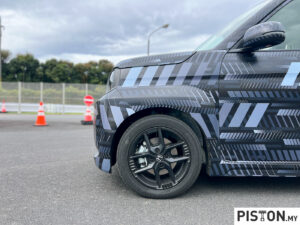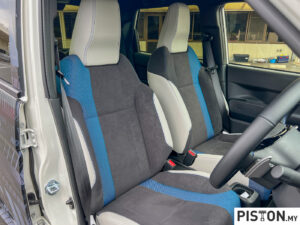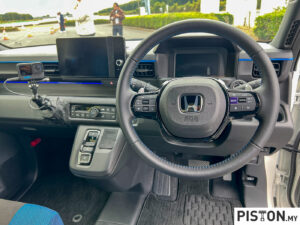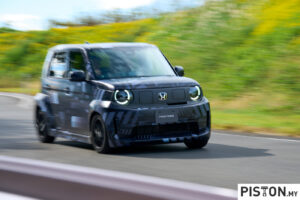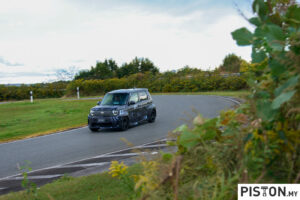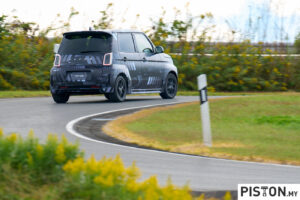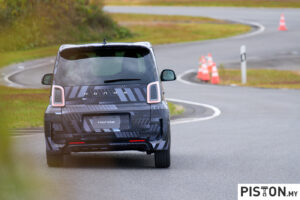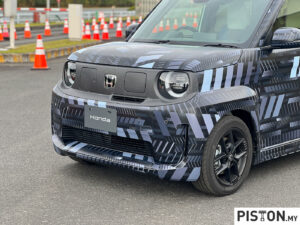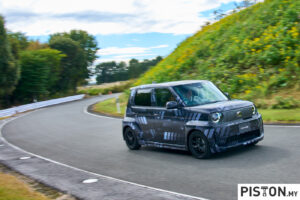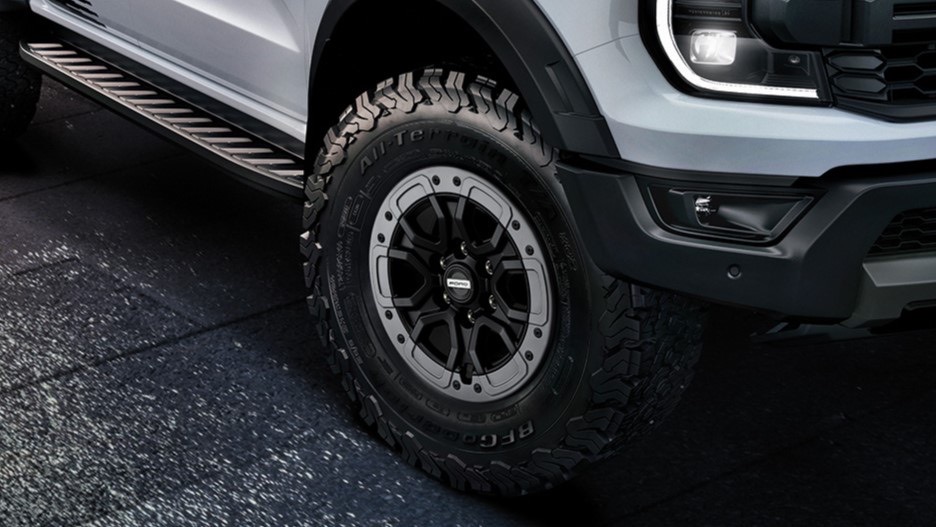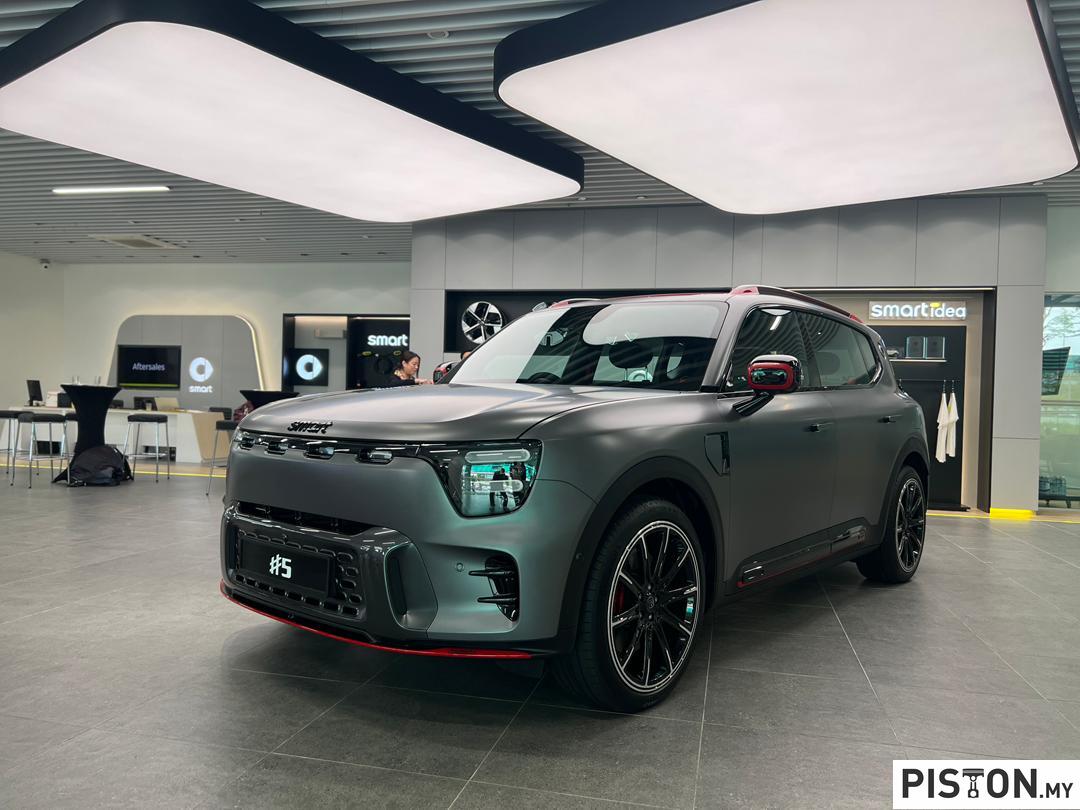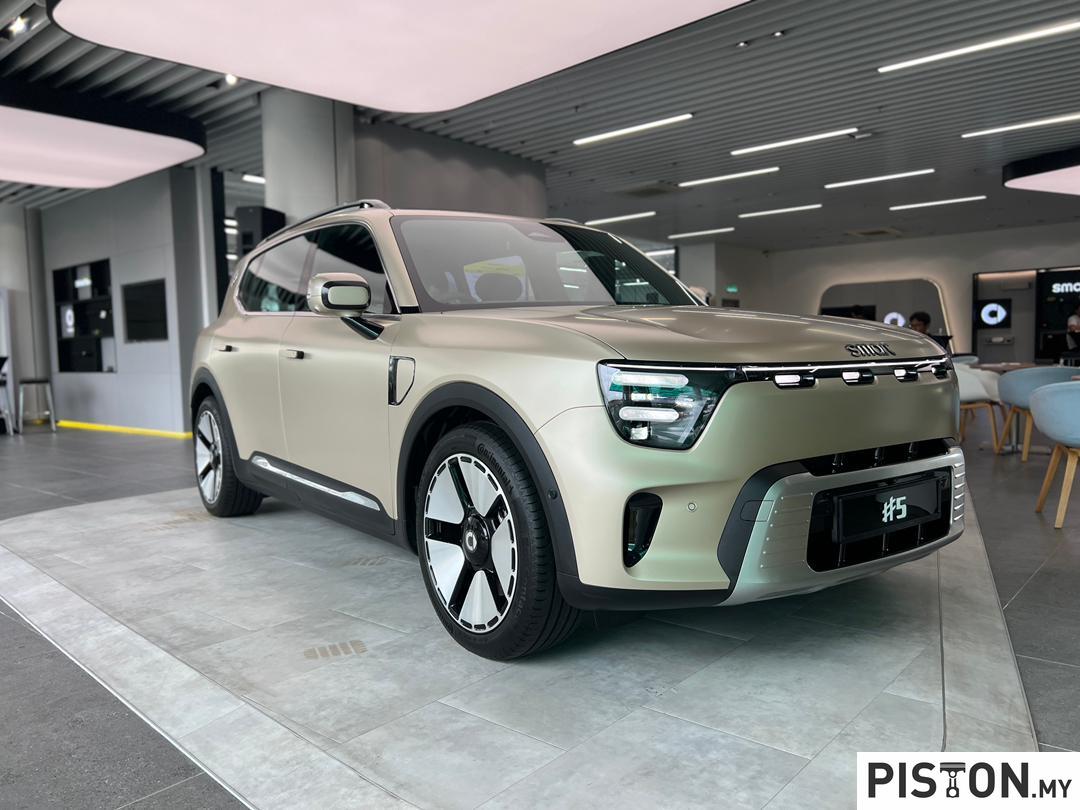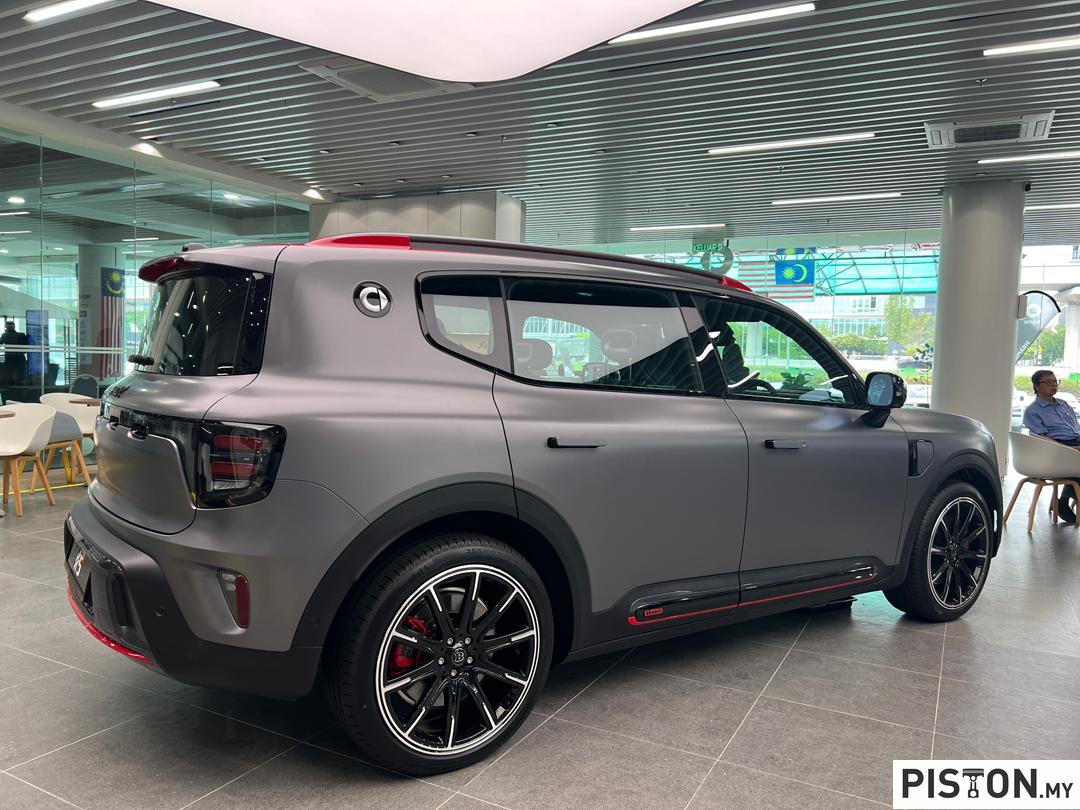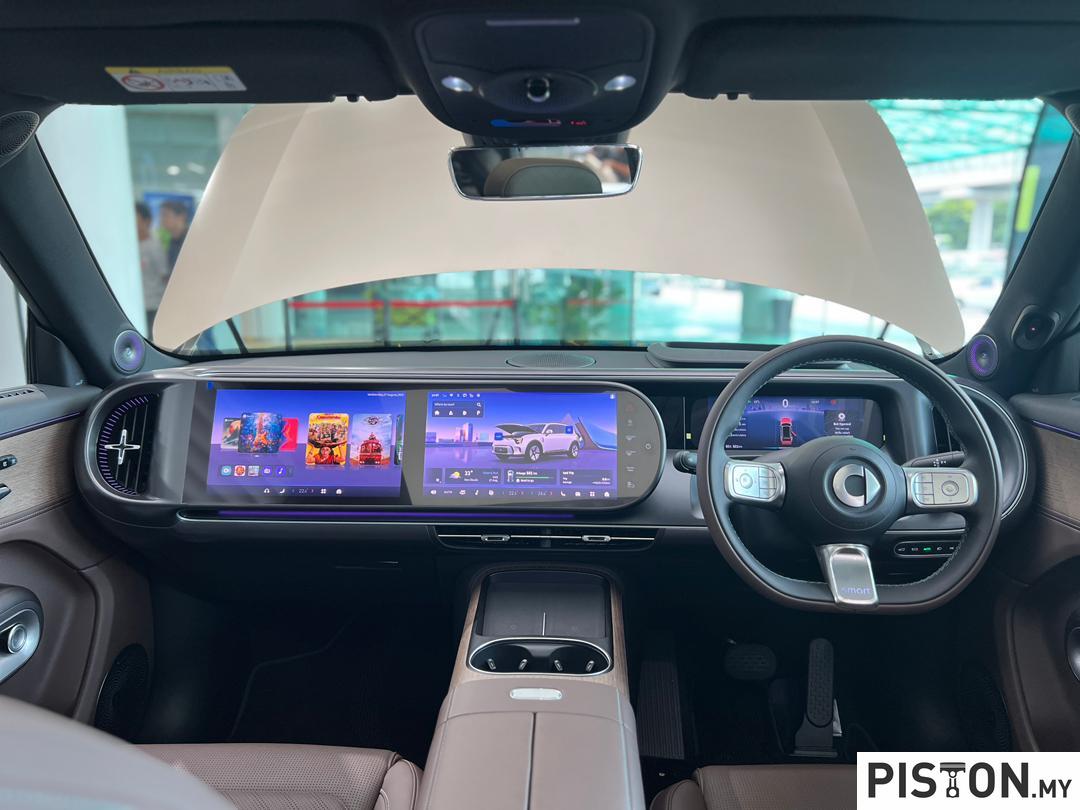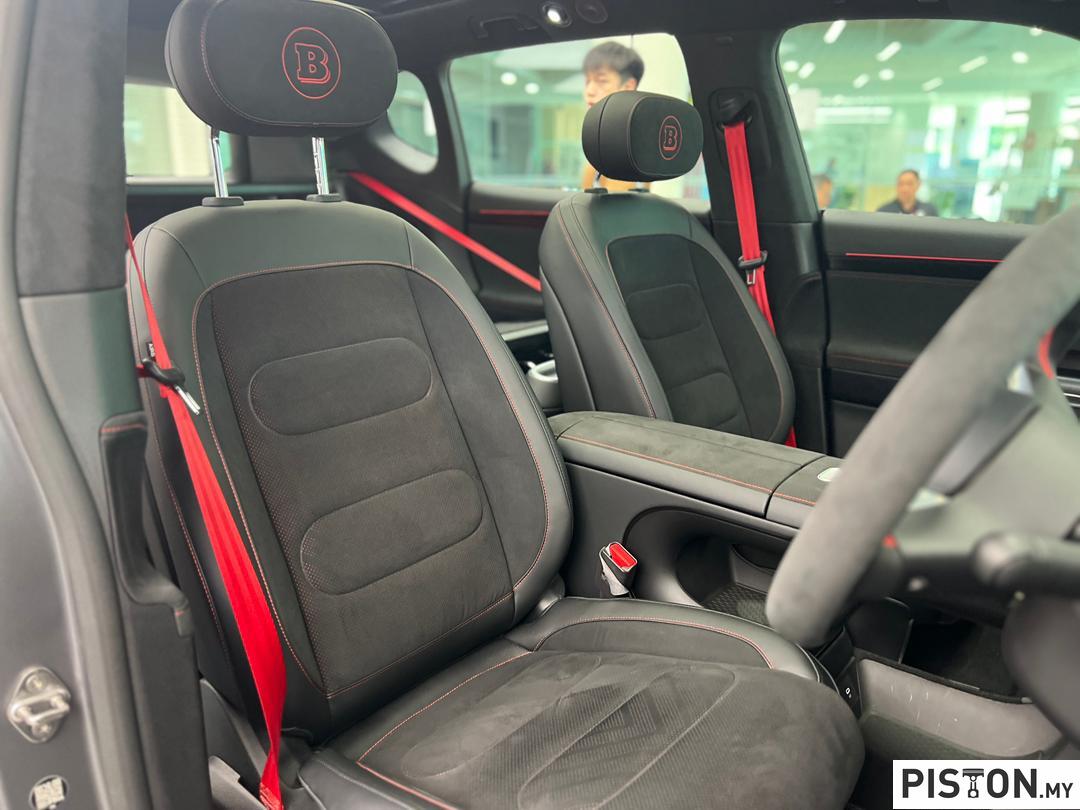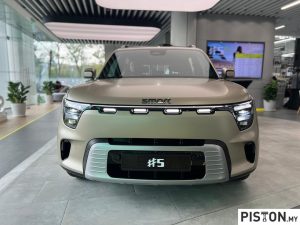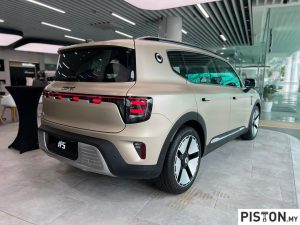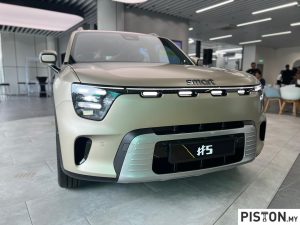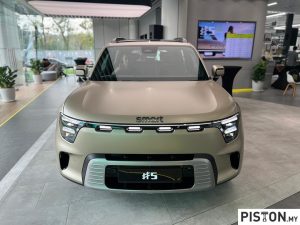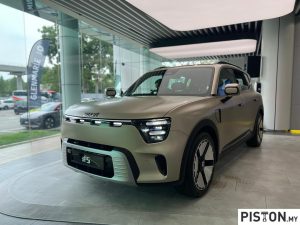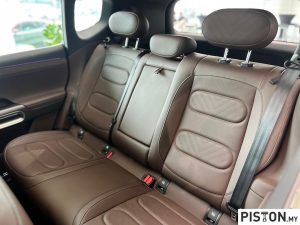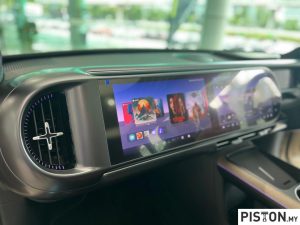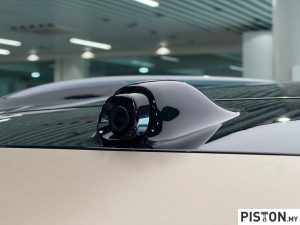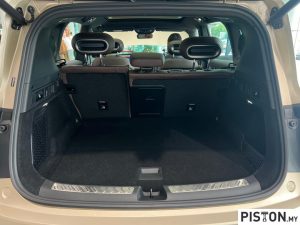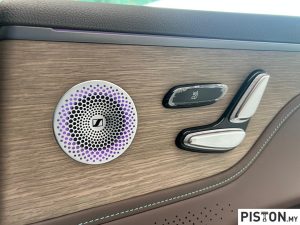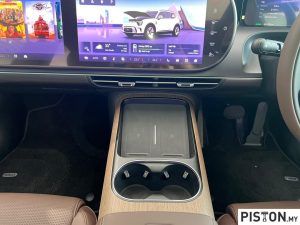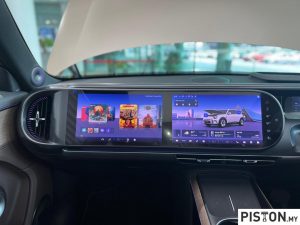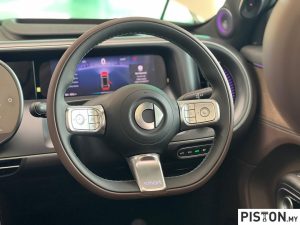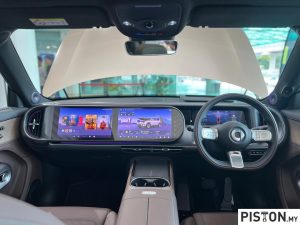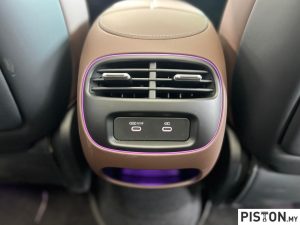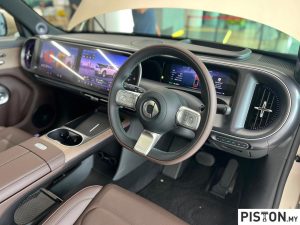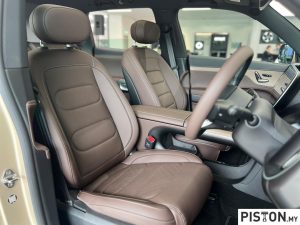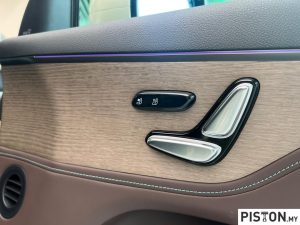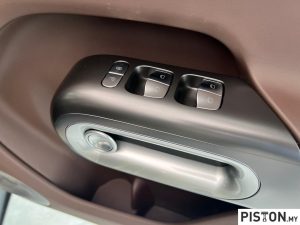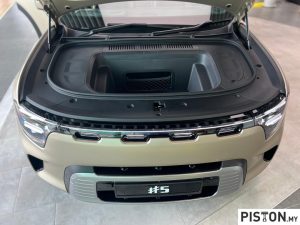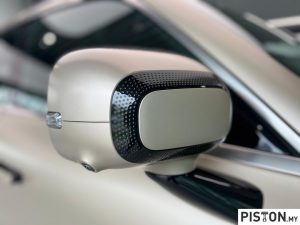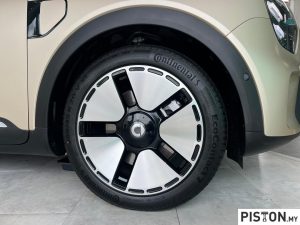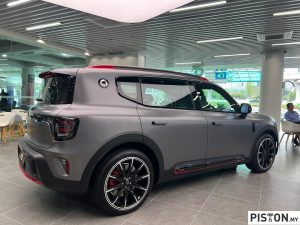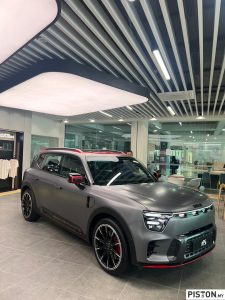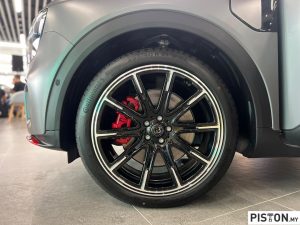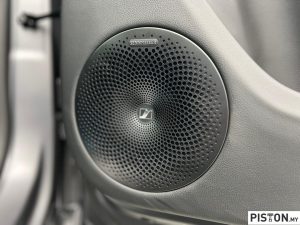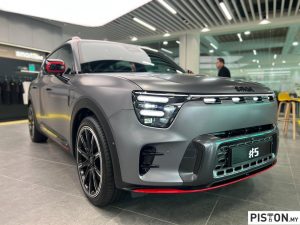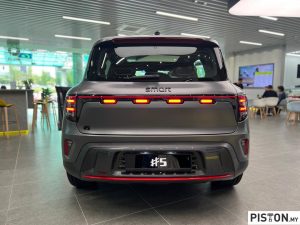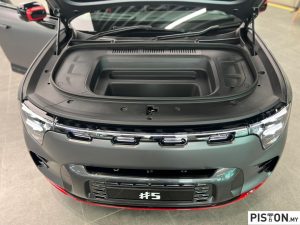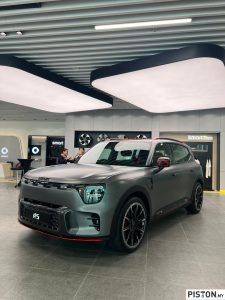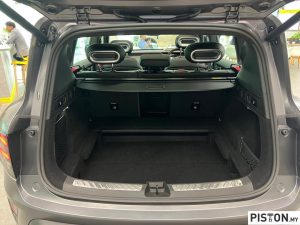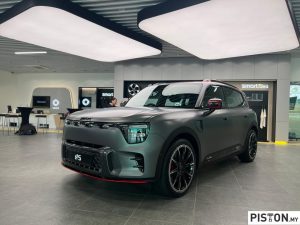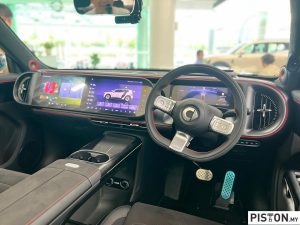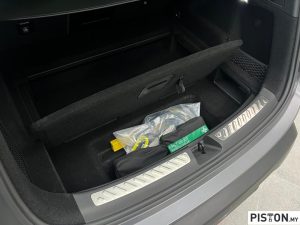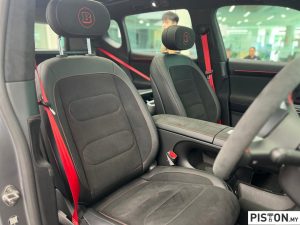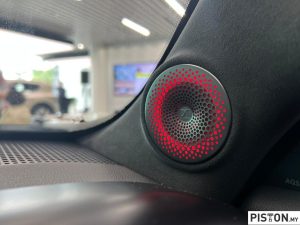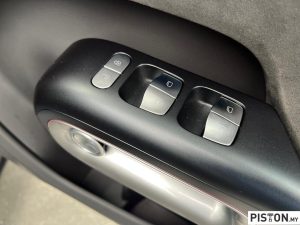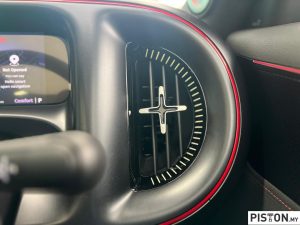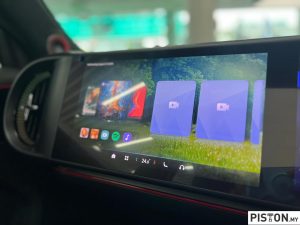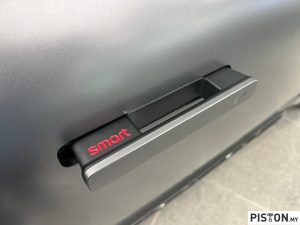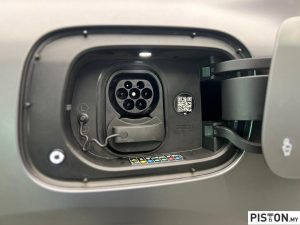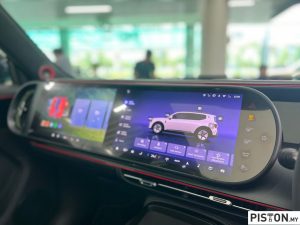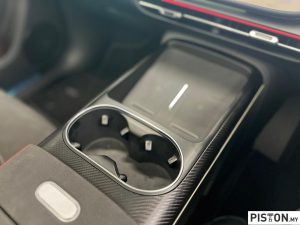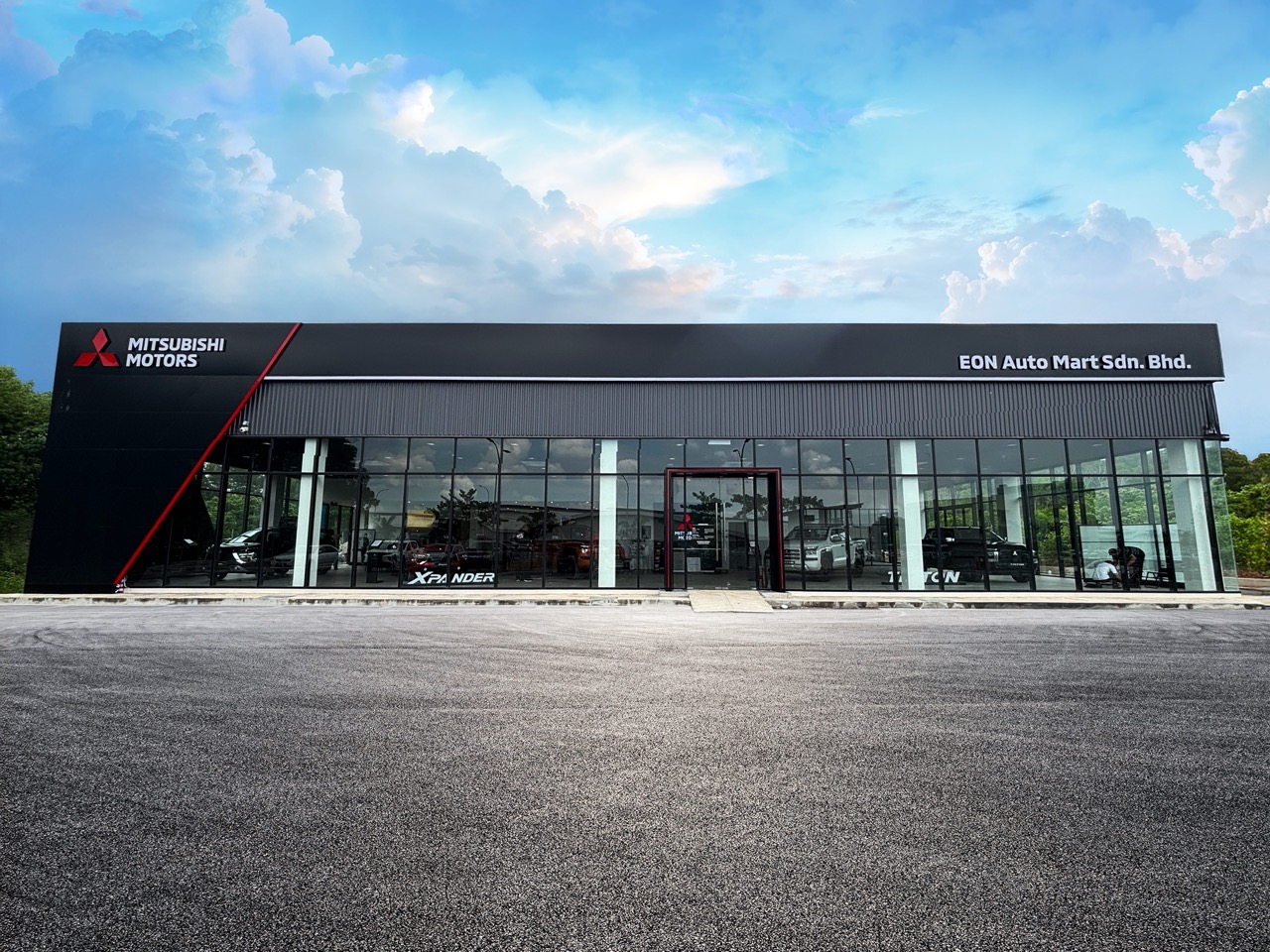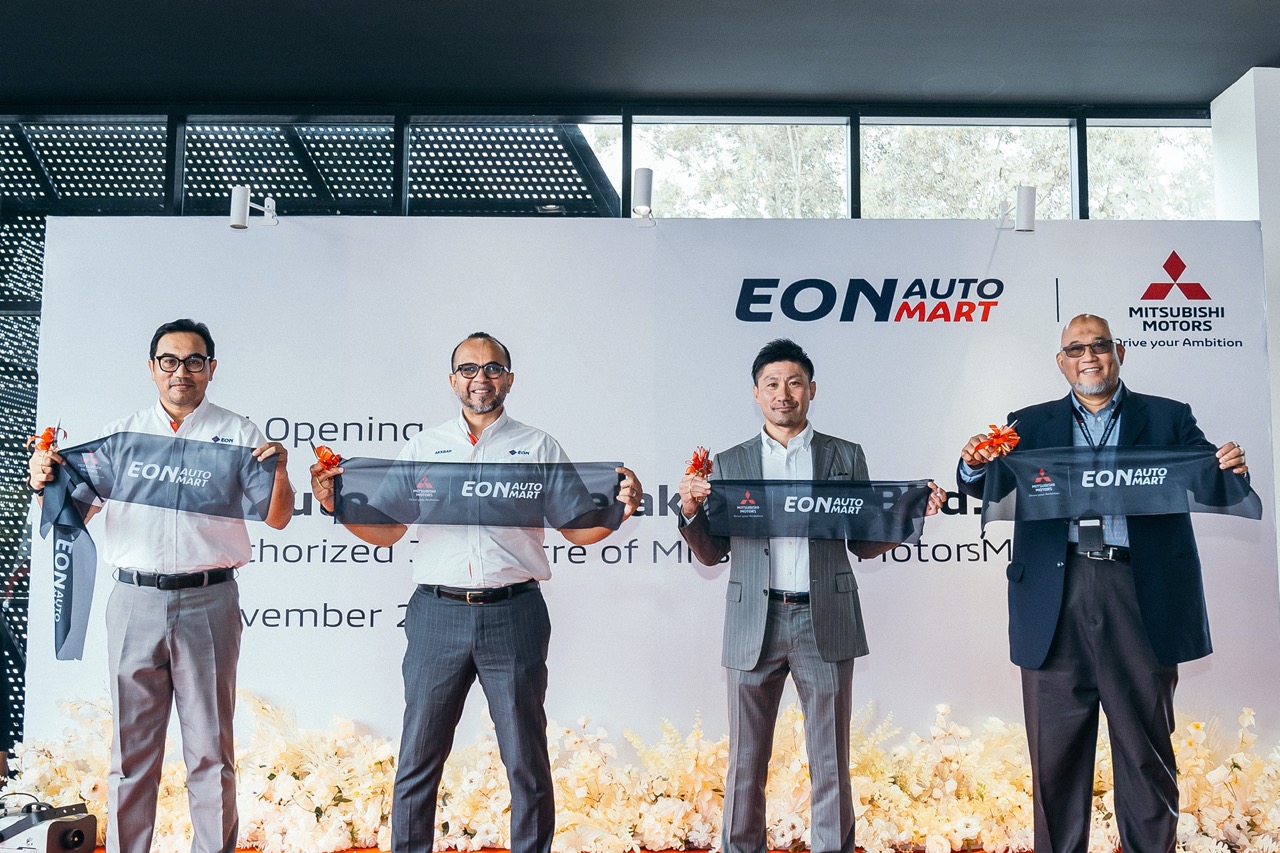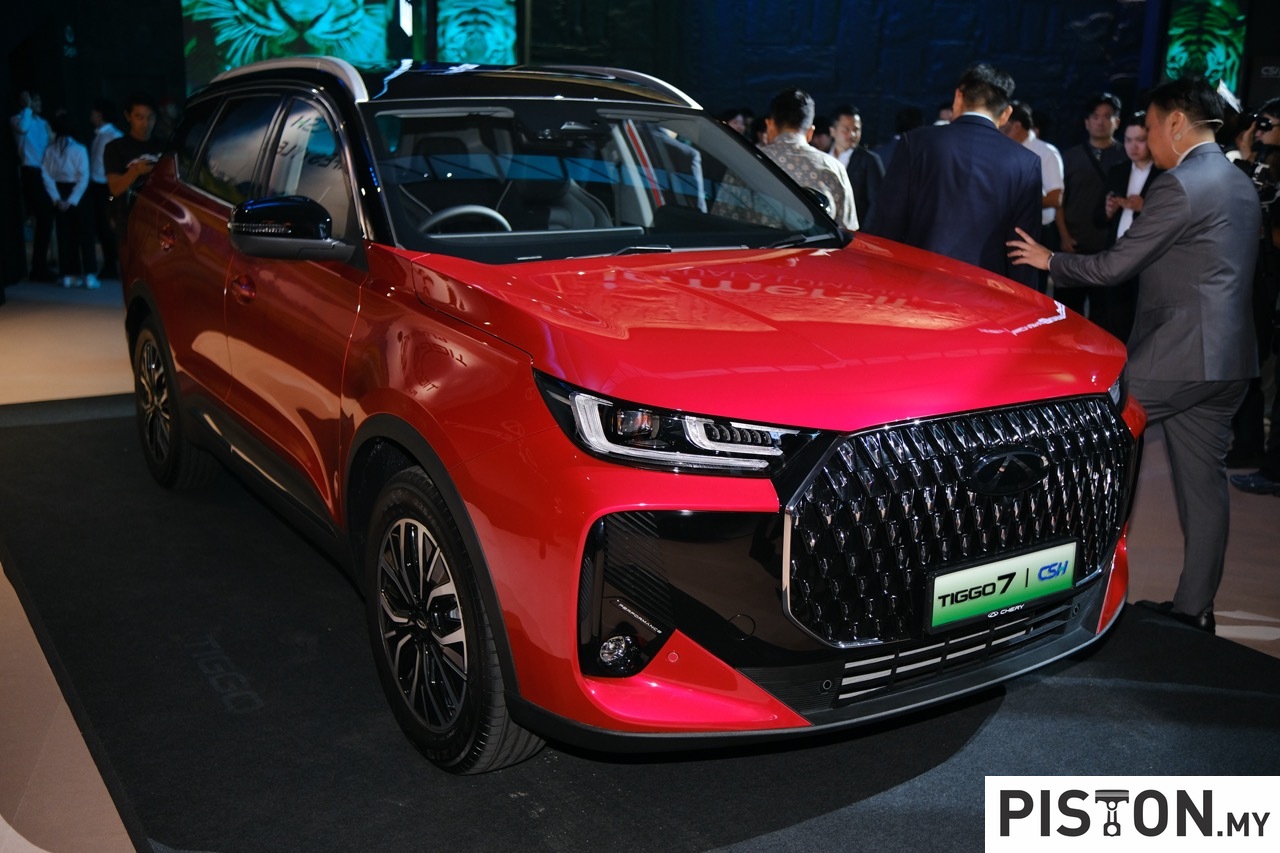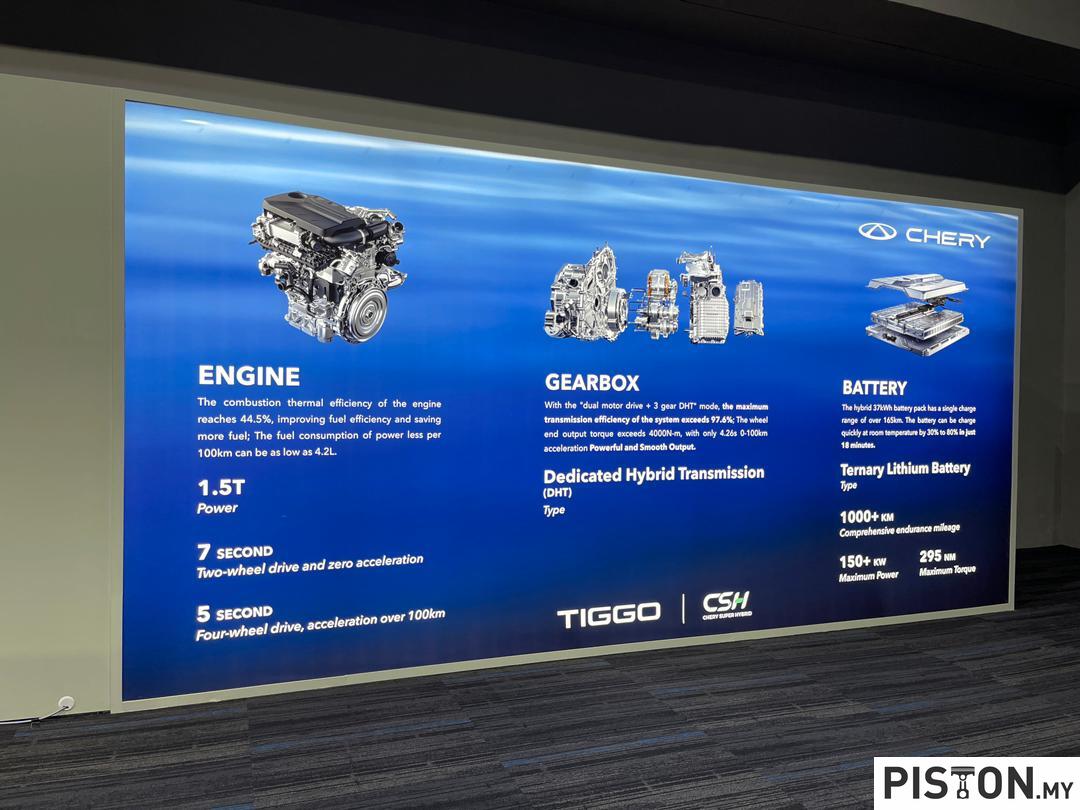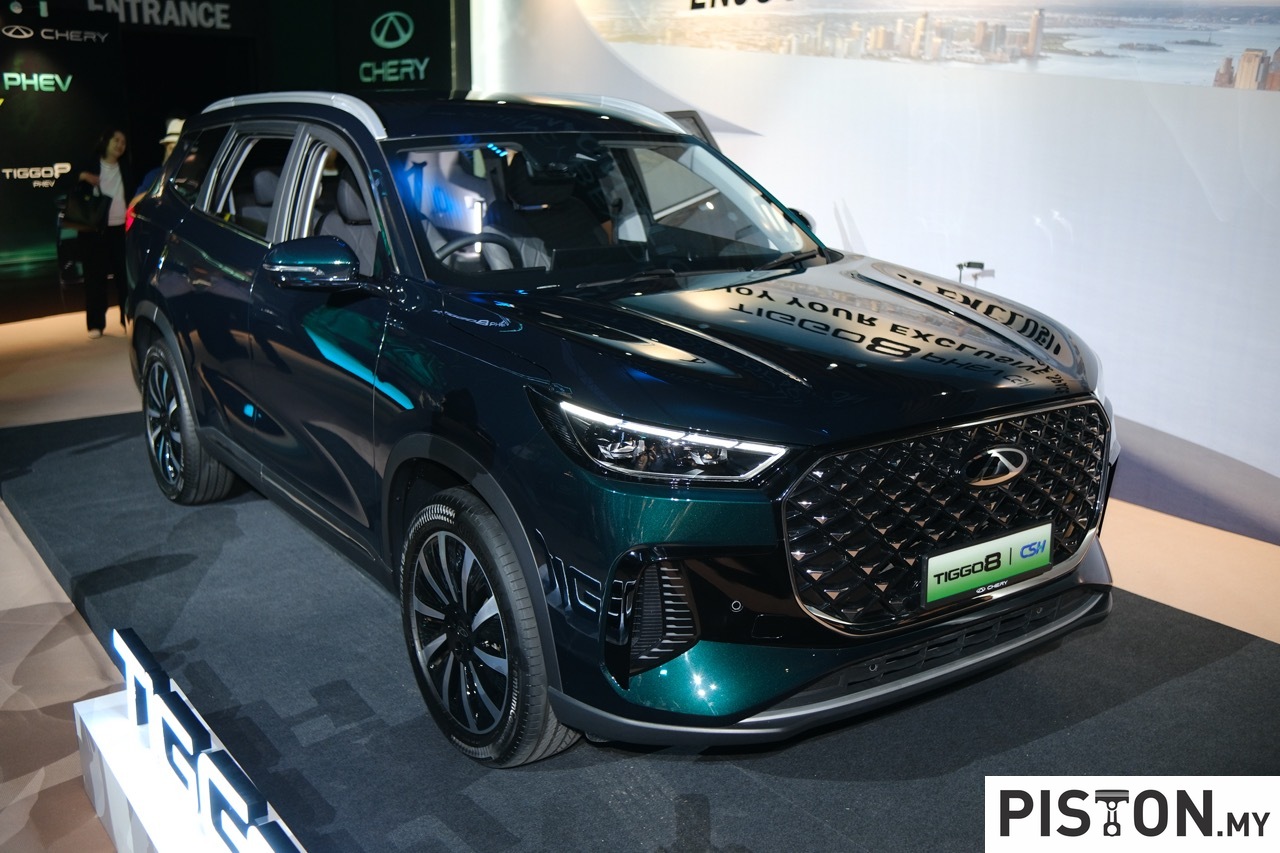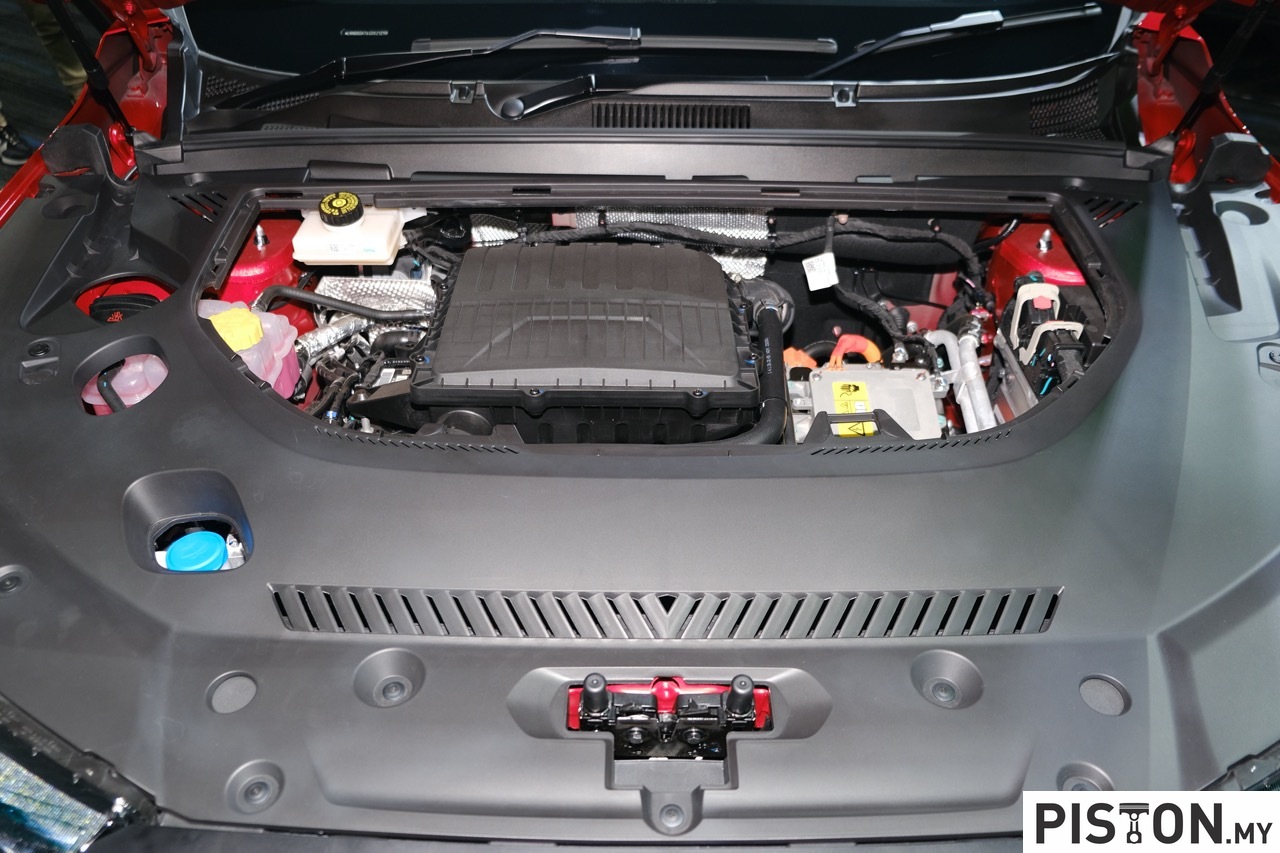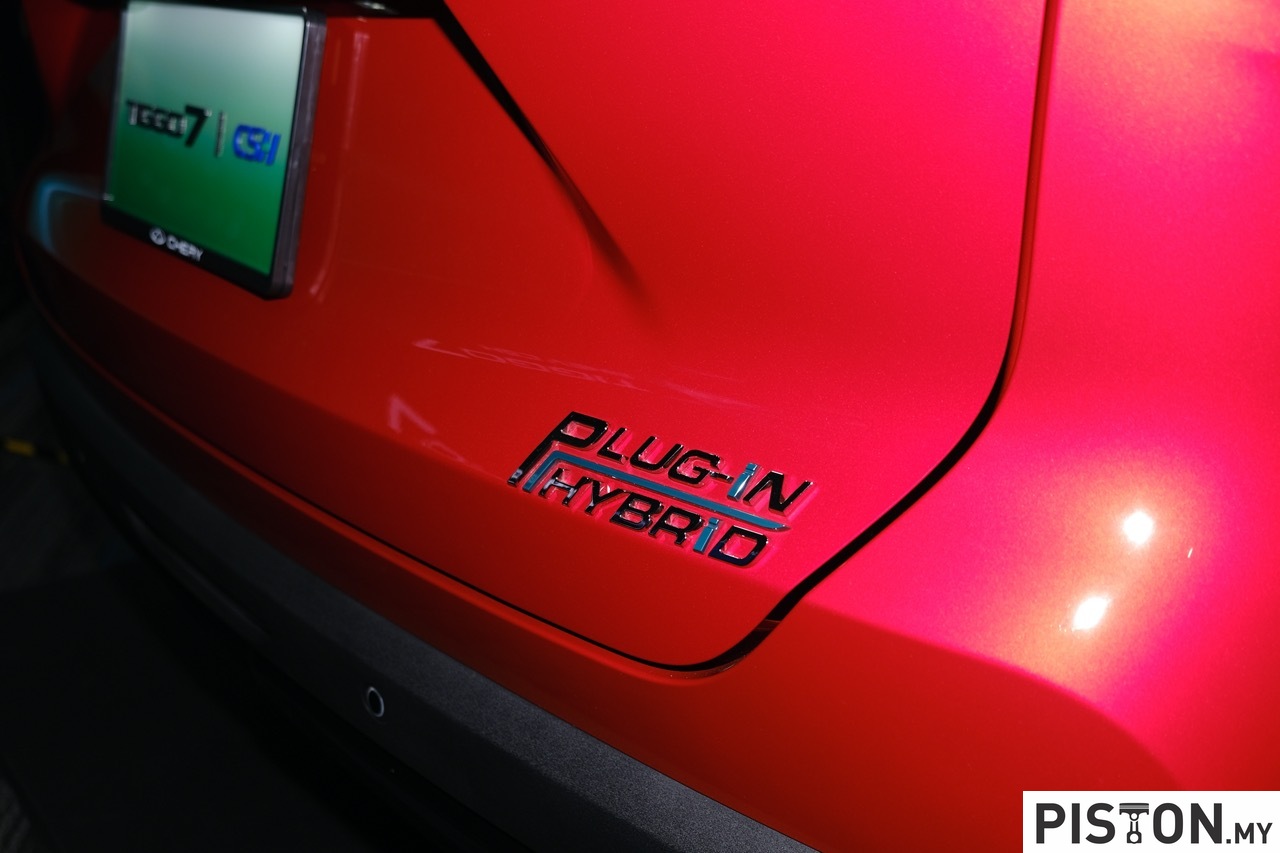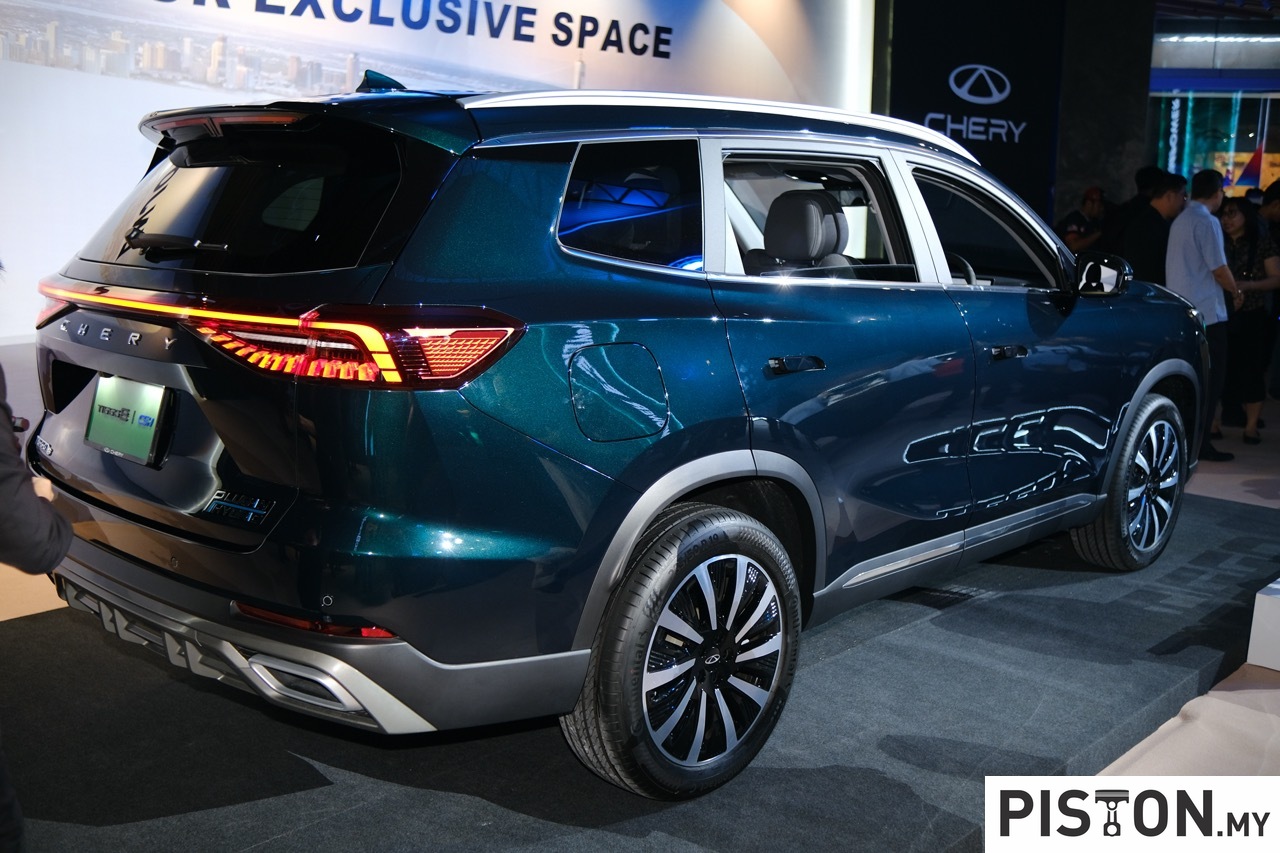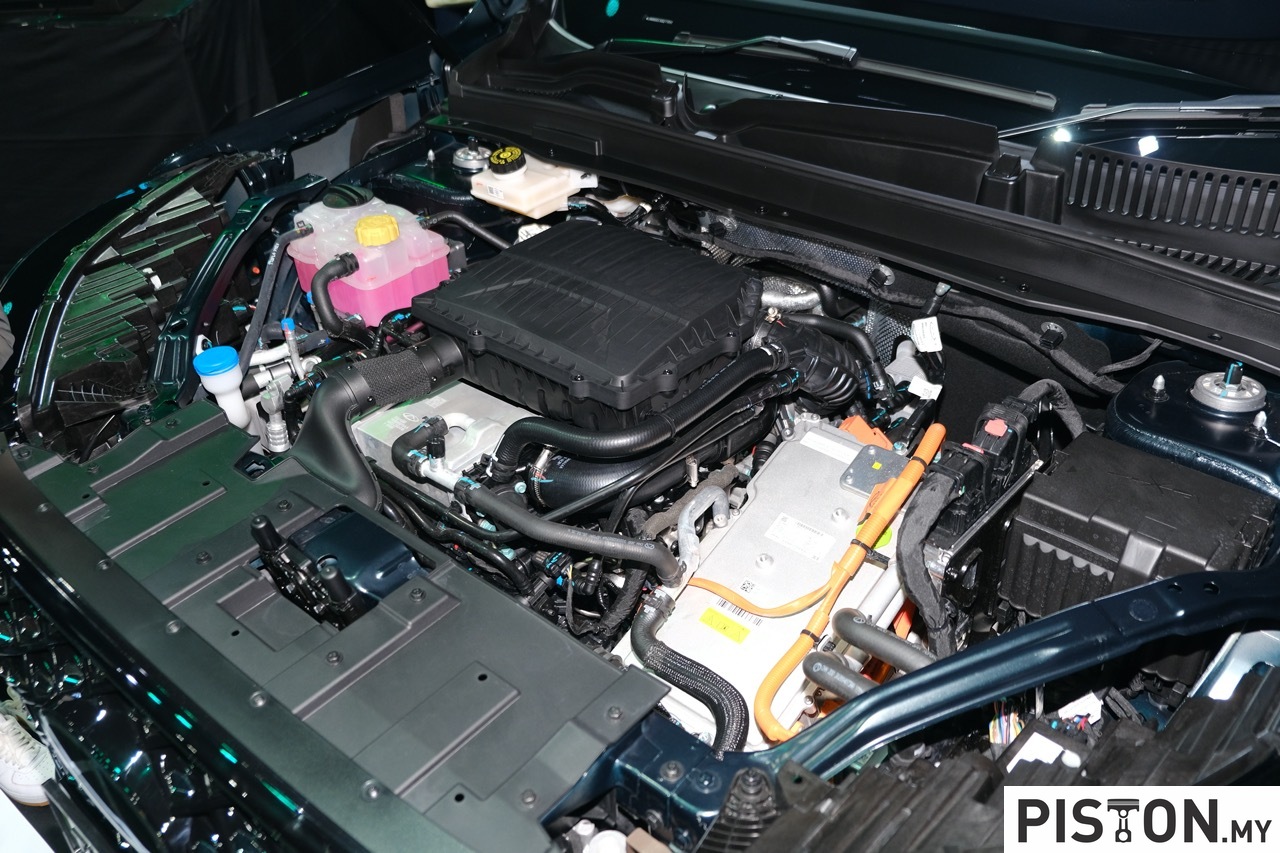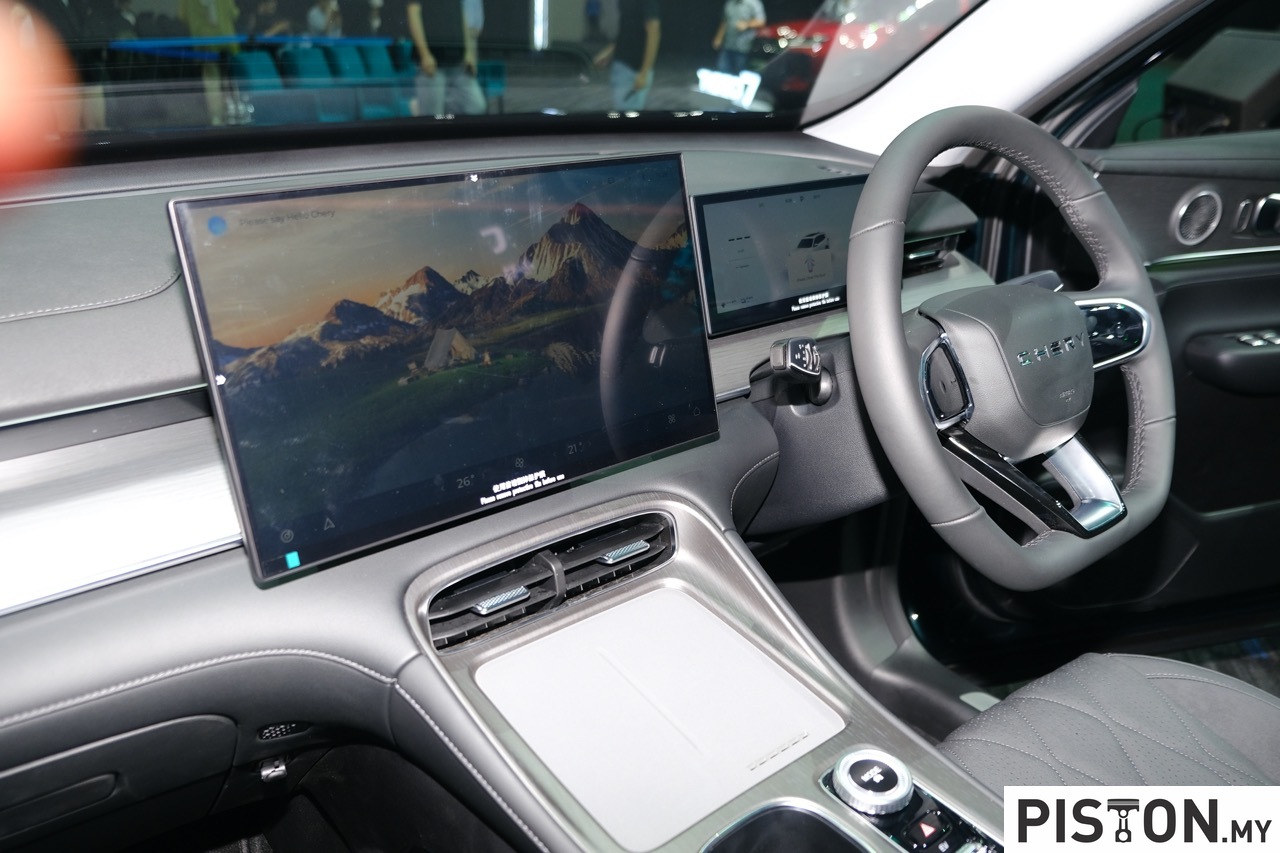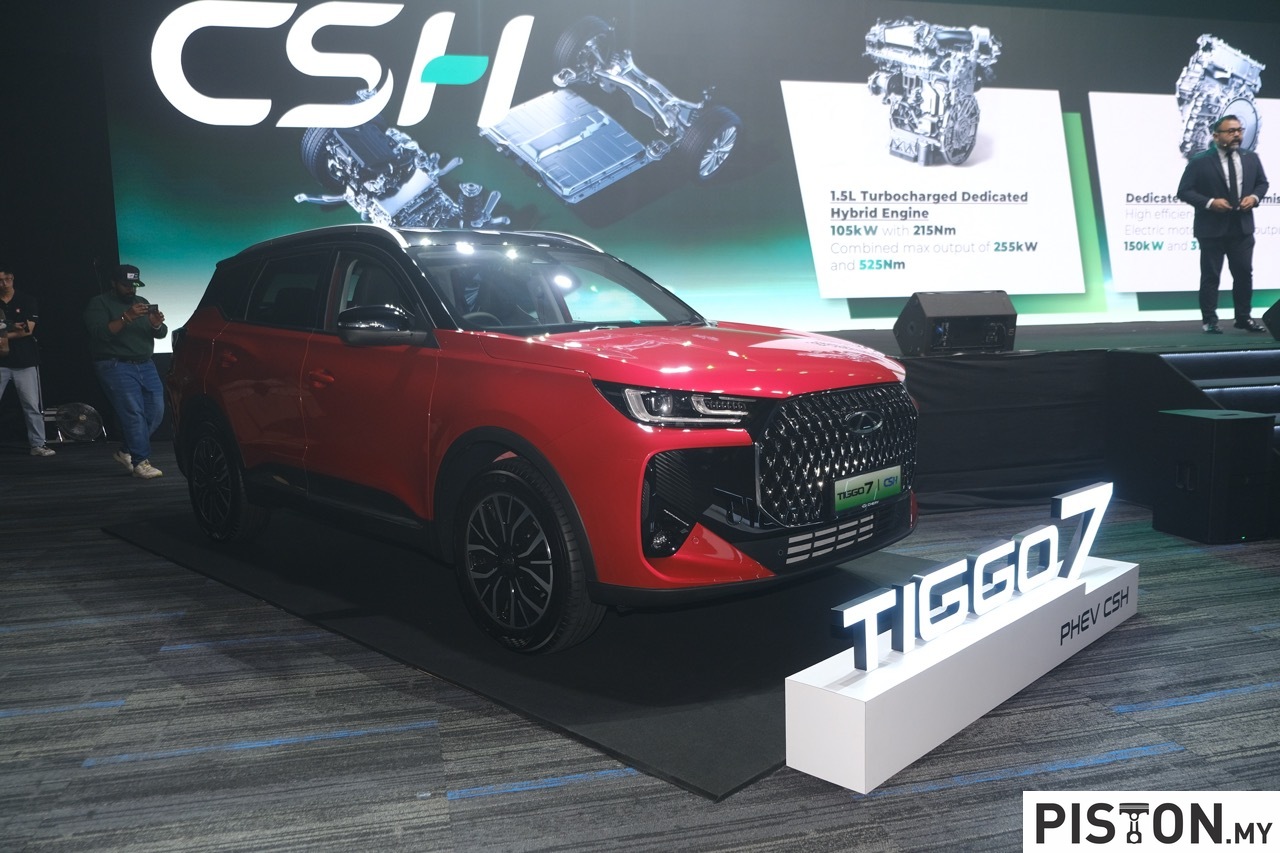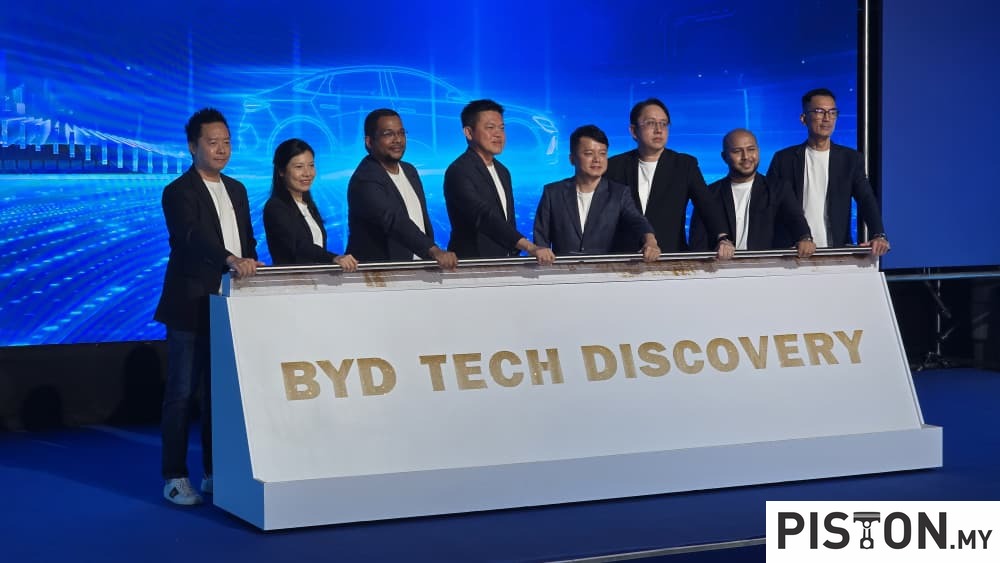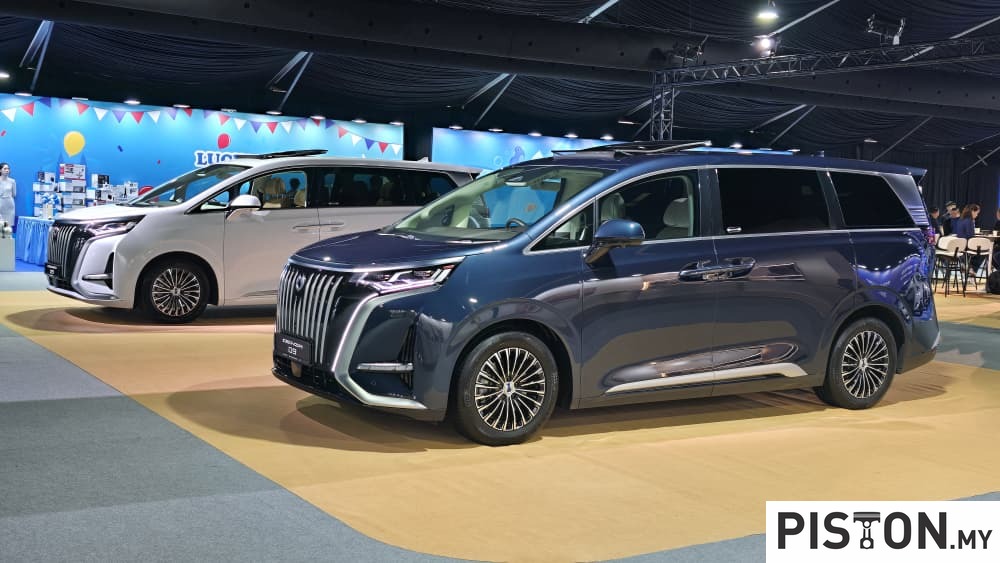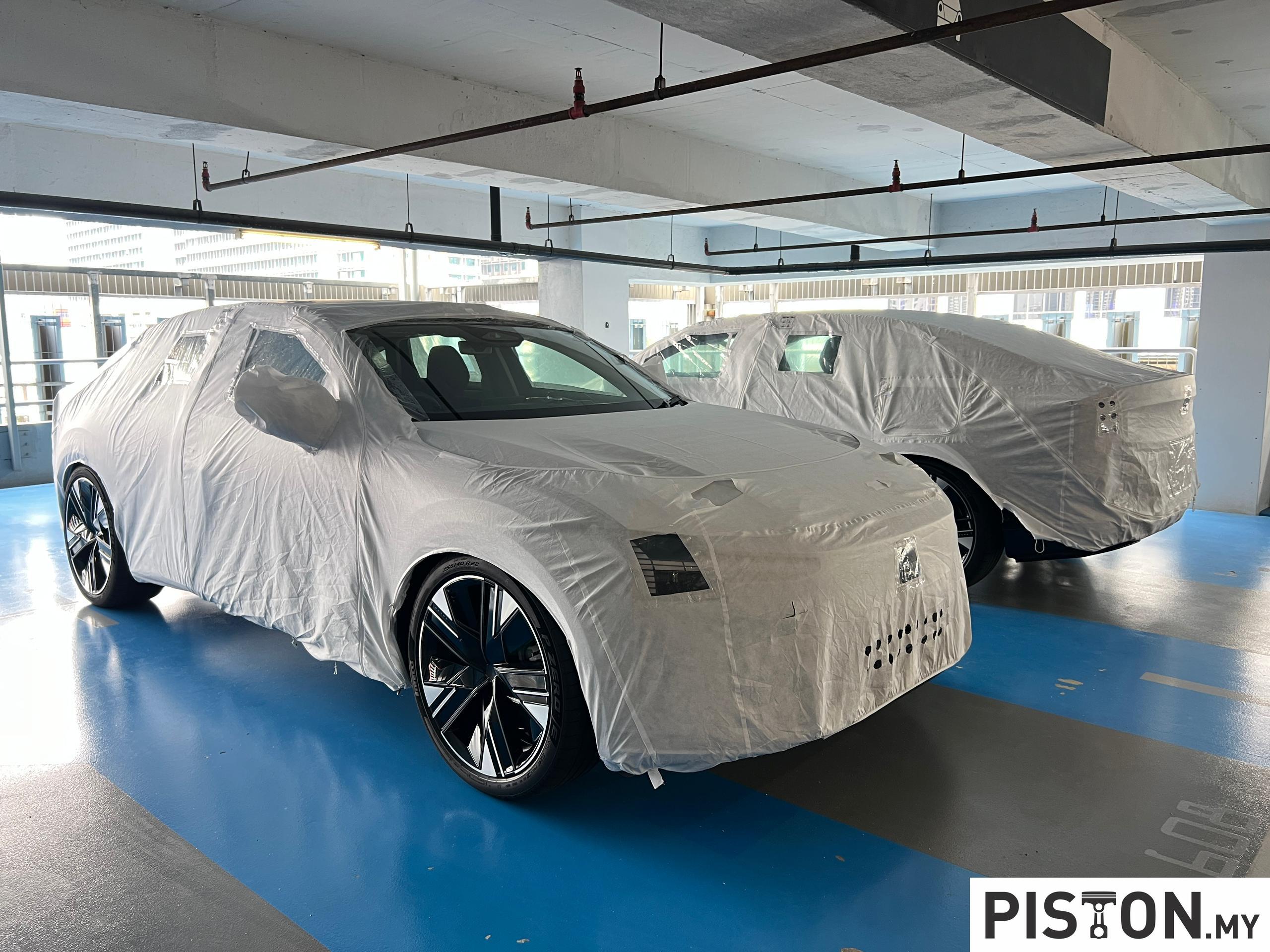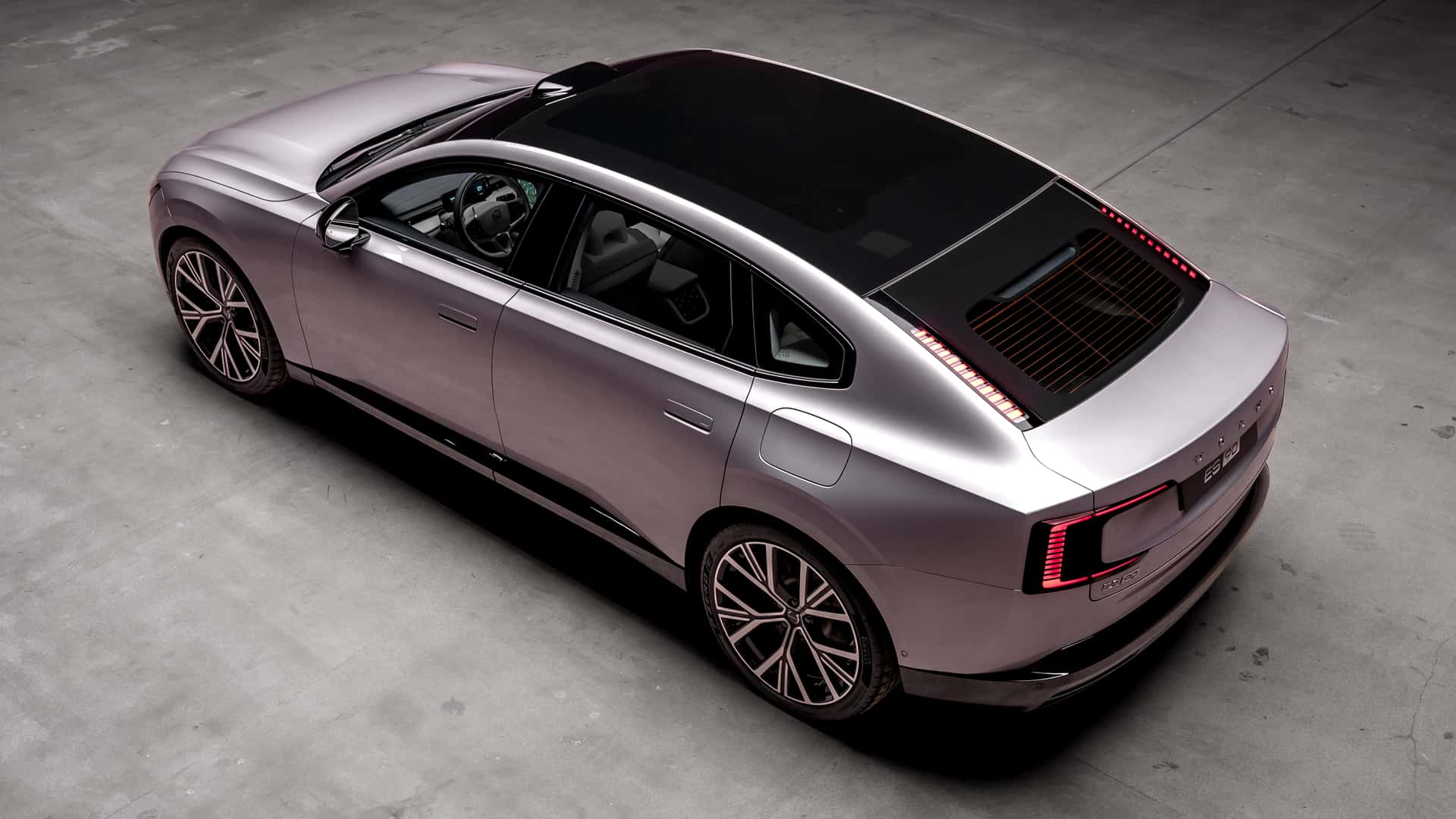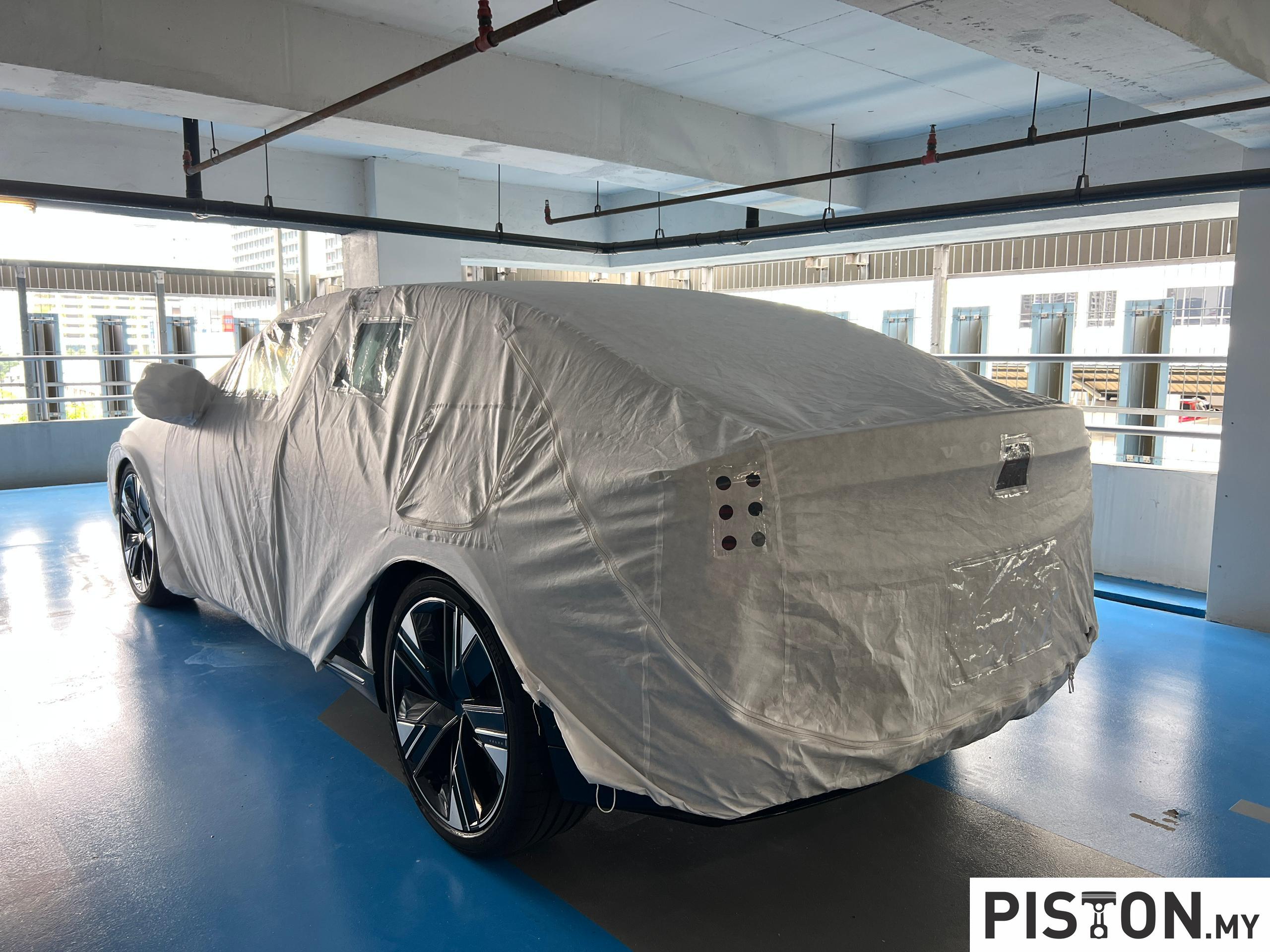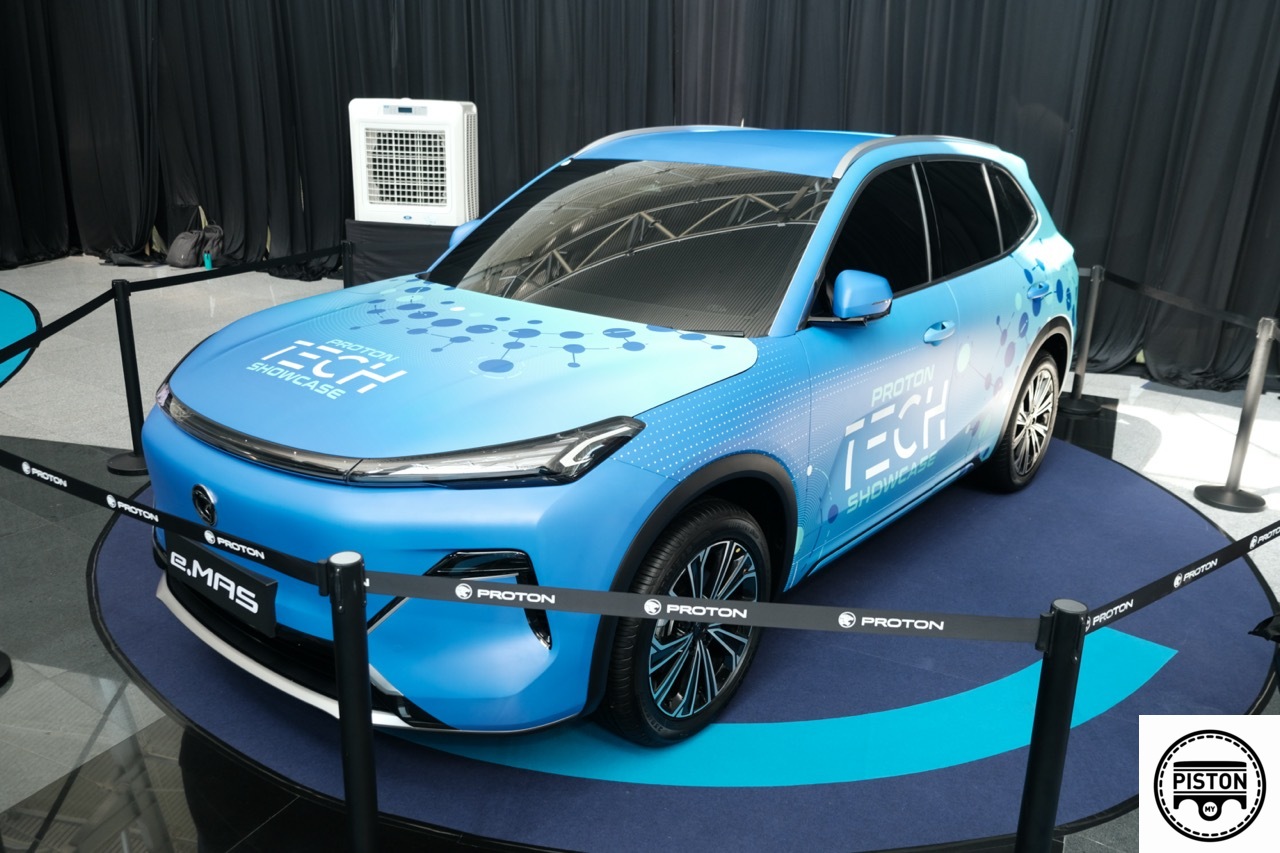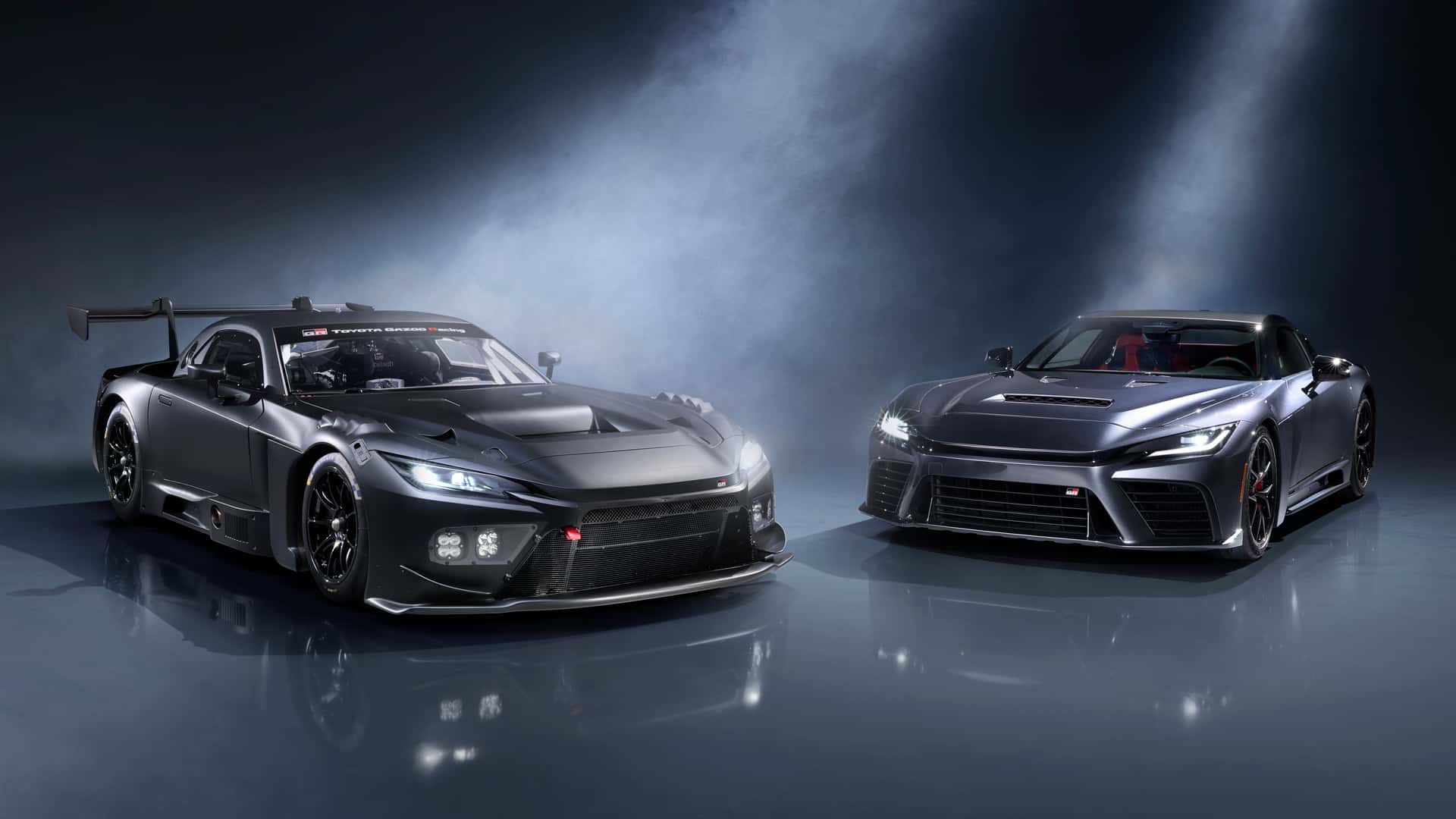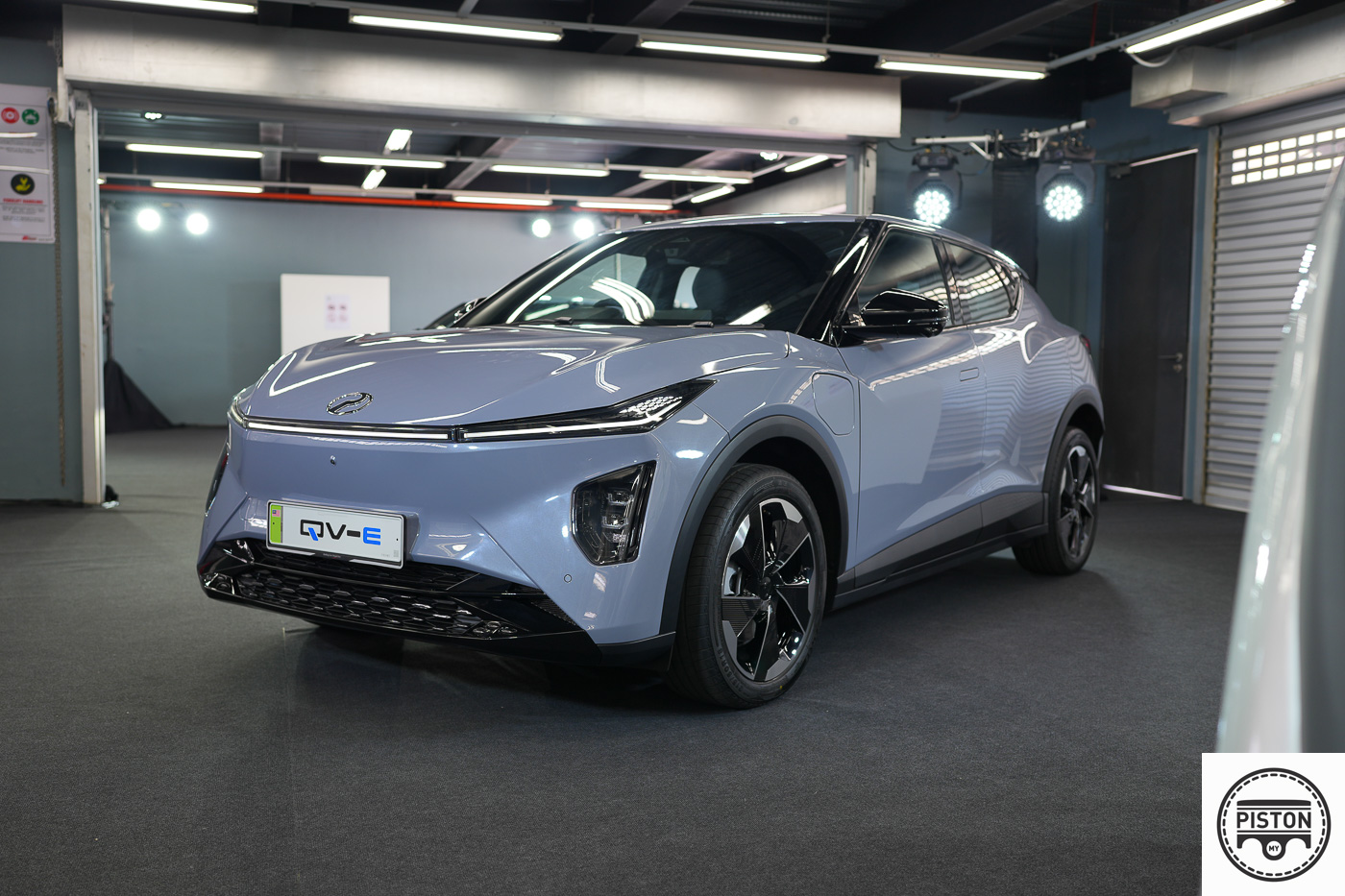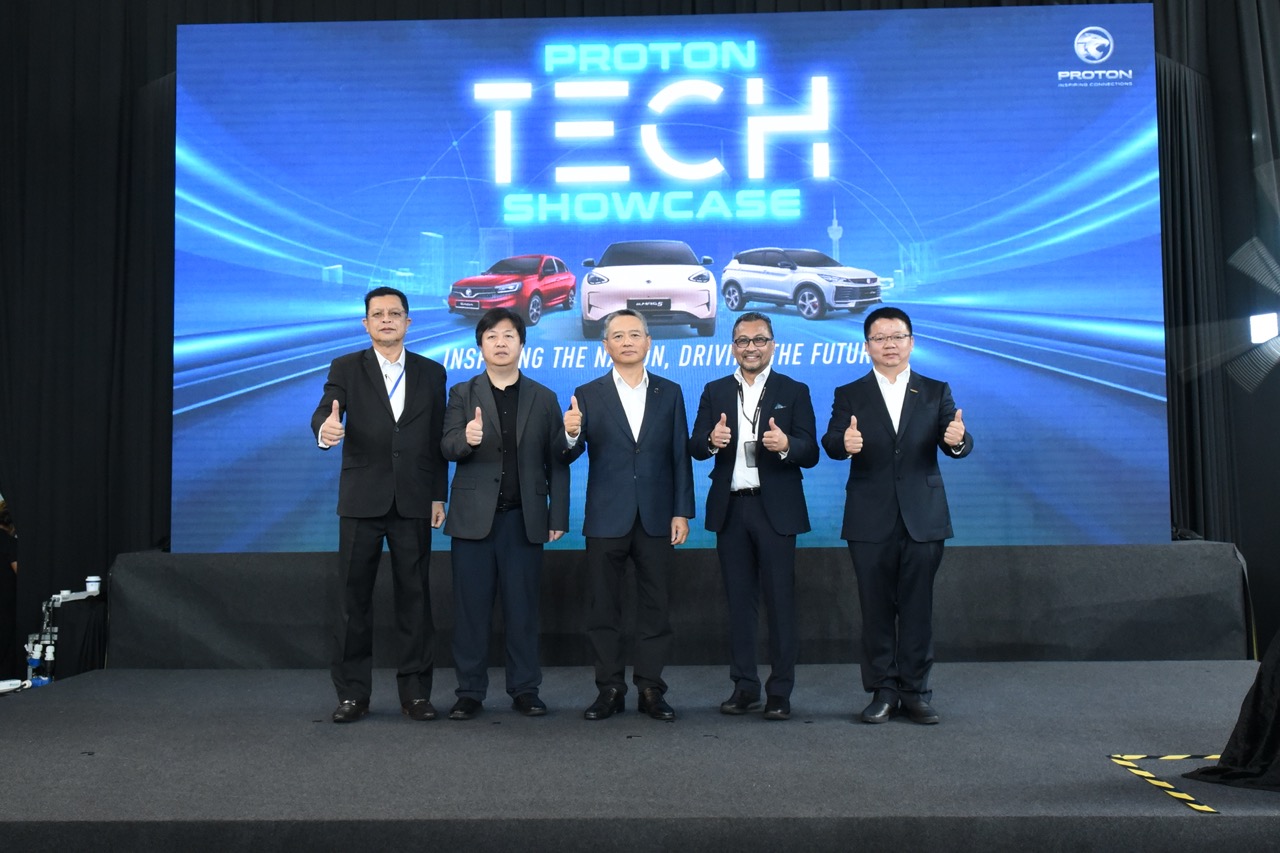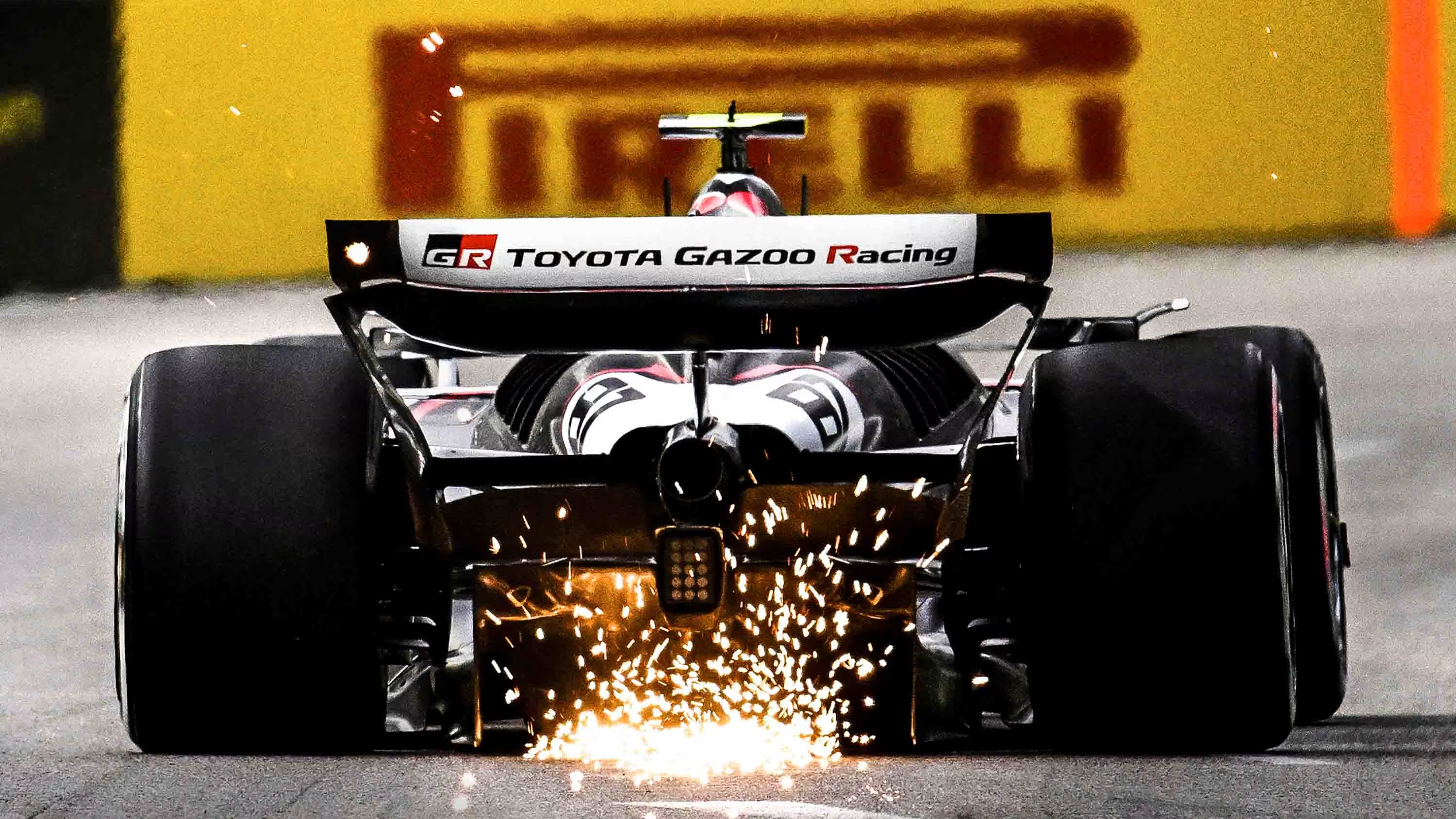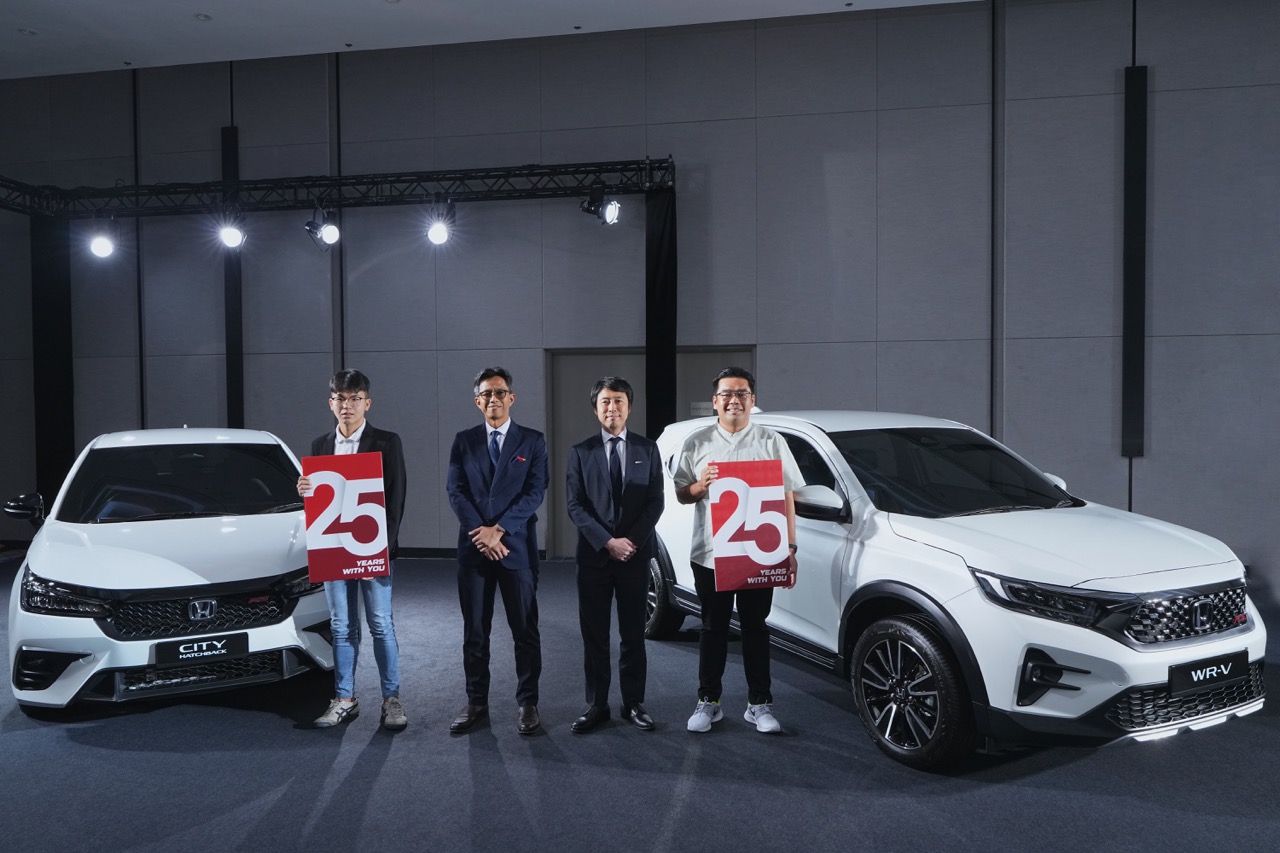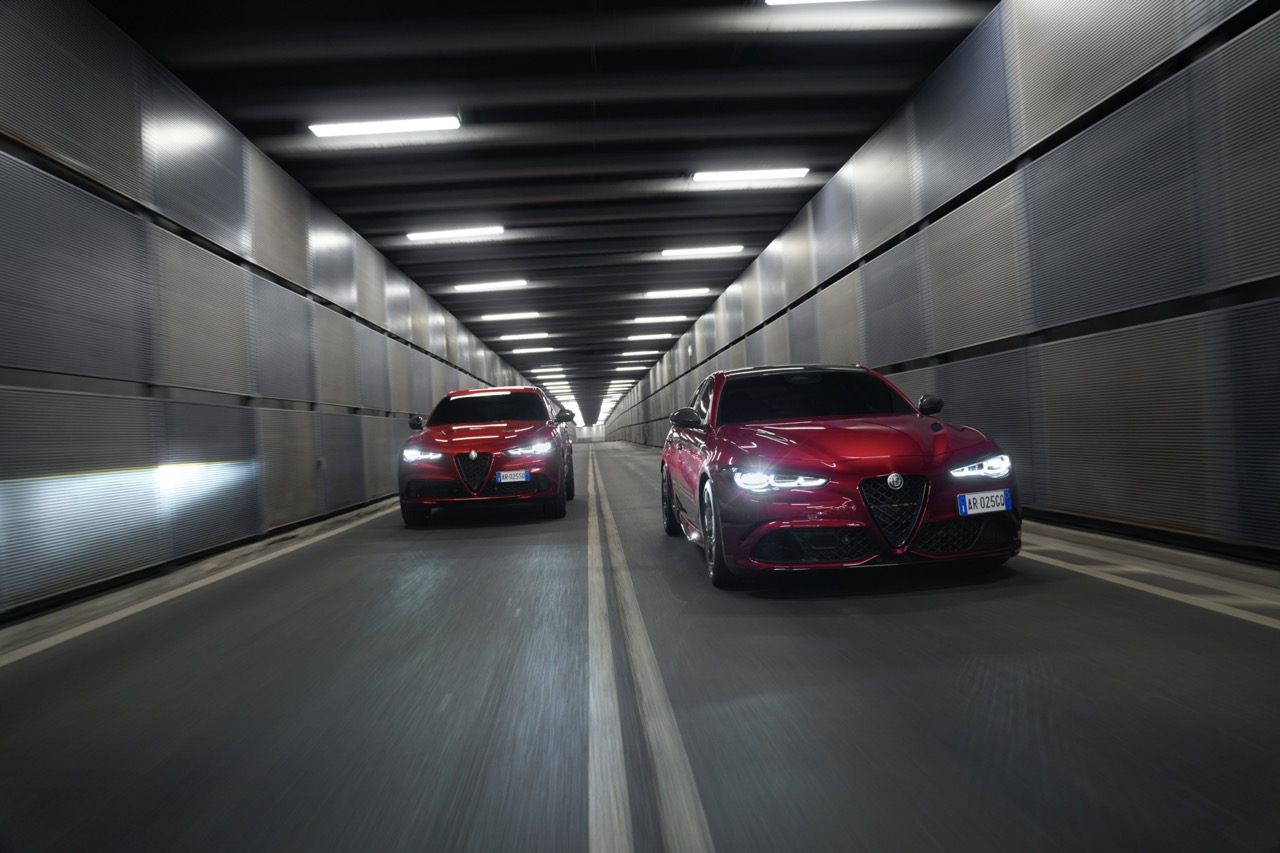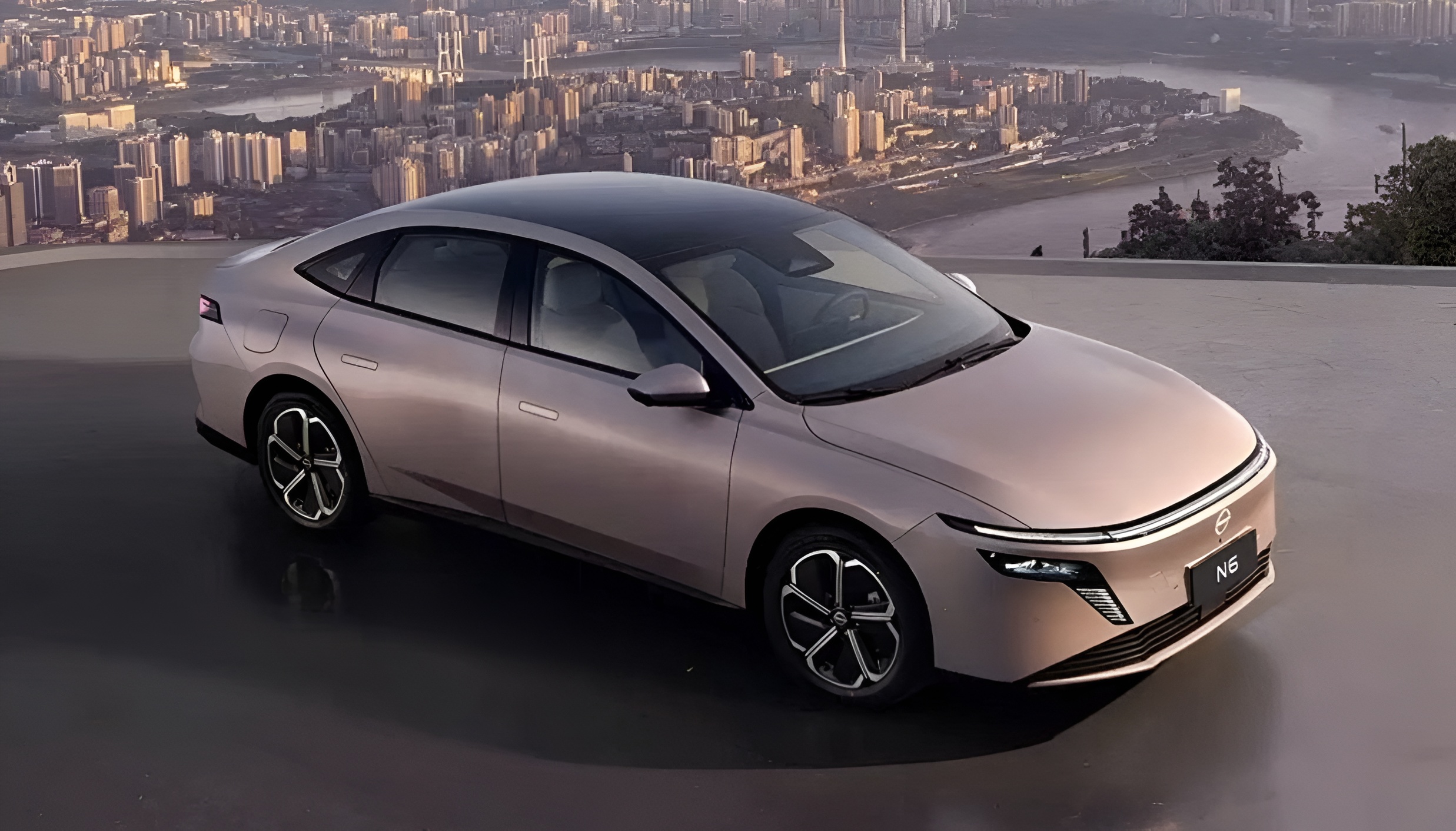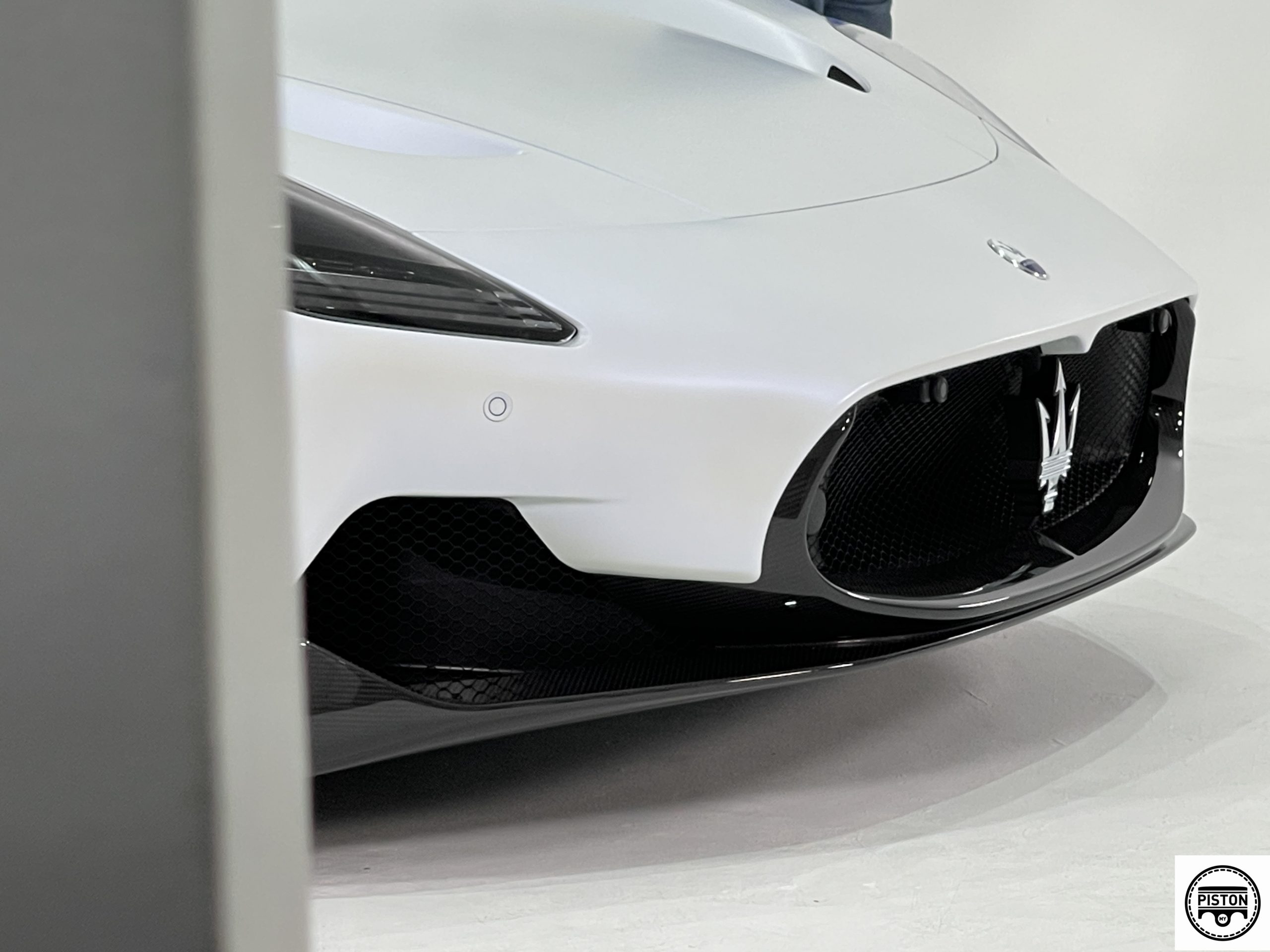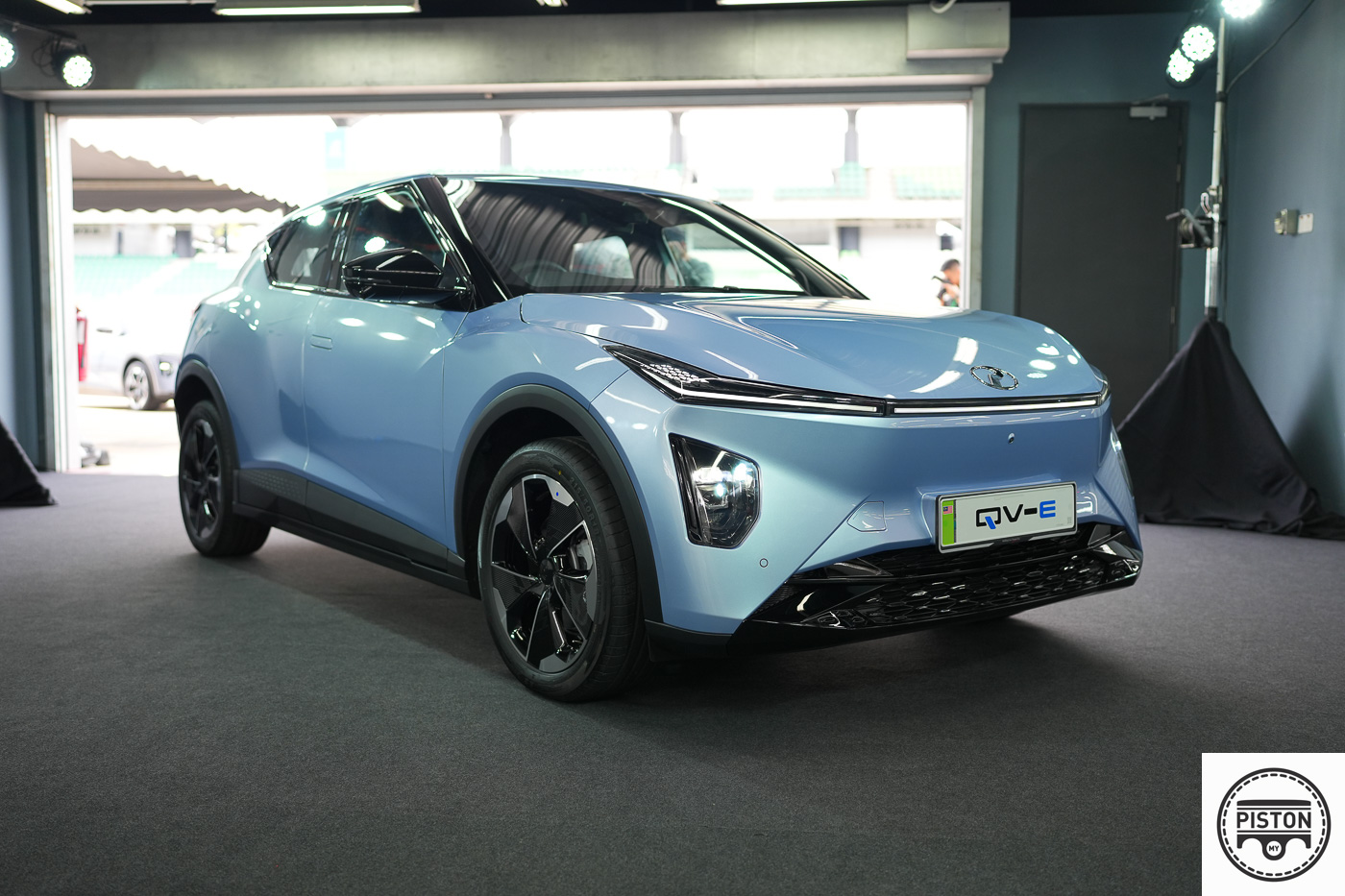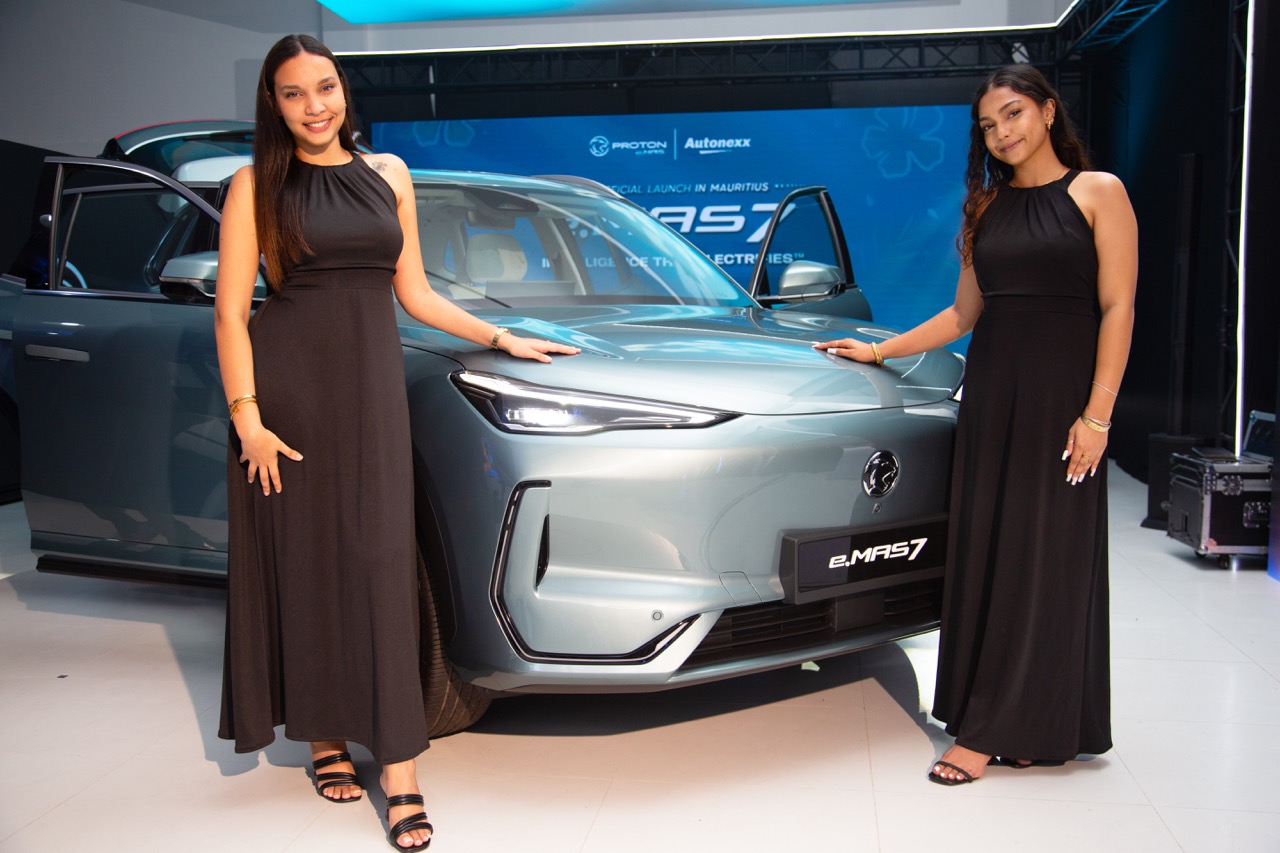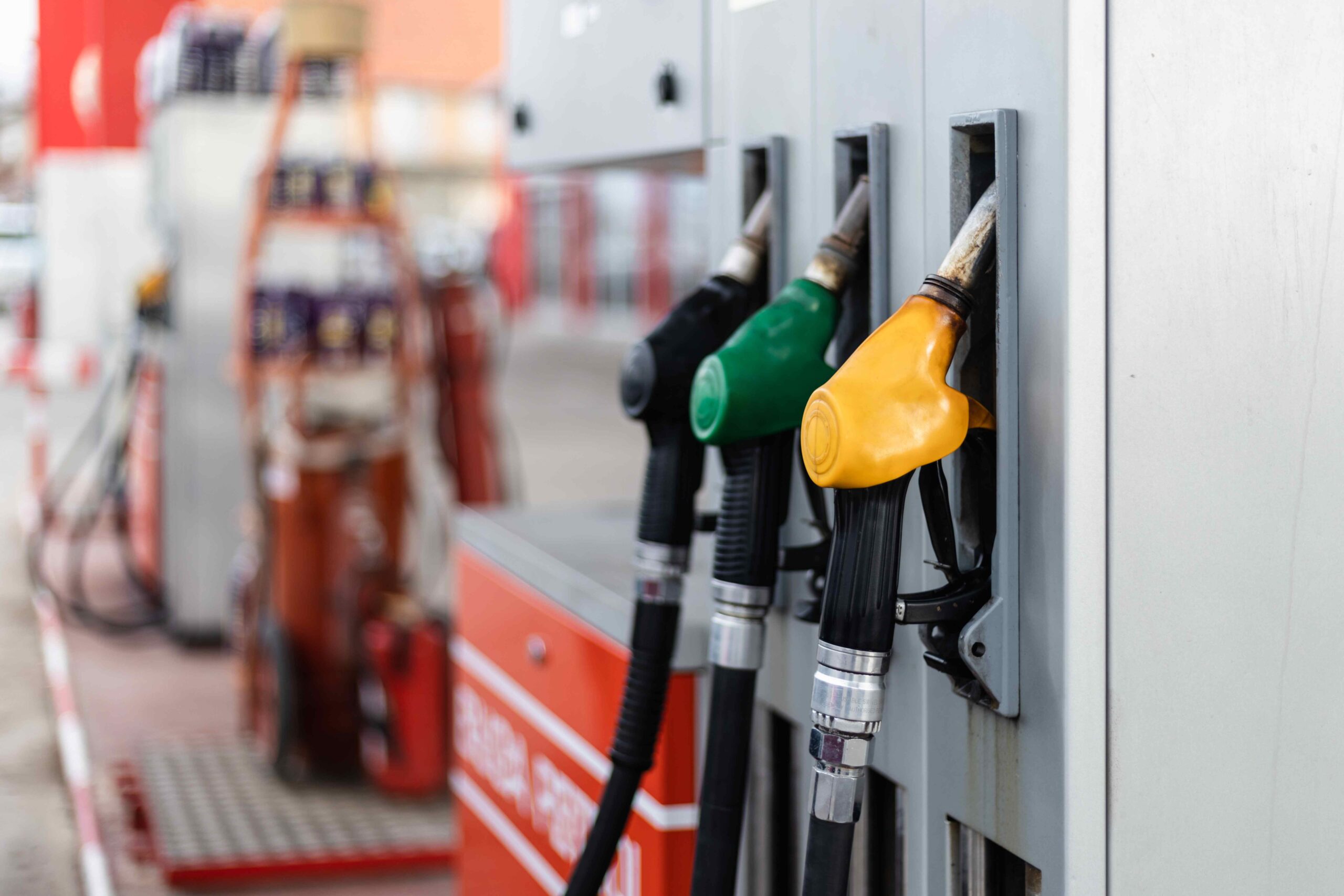China has undoubtedly taken the lead when it comes to electric cars. It has been so successful at it that it has forced giants of the car making business to follow suit.
Some of those giants have been good at emulating while some carmakers, particularly those from Europe and America, have lost huge amounts of money just to keep up.
The Japanese however have taken cautious steps.
Until recently, Honda has largely been absent from the electric vehicle segment, in Malaysia at least. The recently introduced e:N1 is a decent salvo at the segment but it hardly made a dent nor did fans of electric cars sit up and take notice.
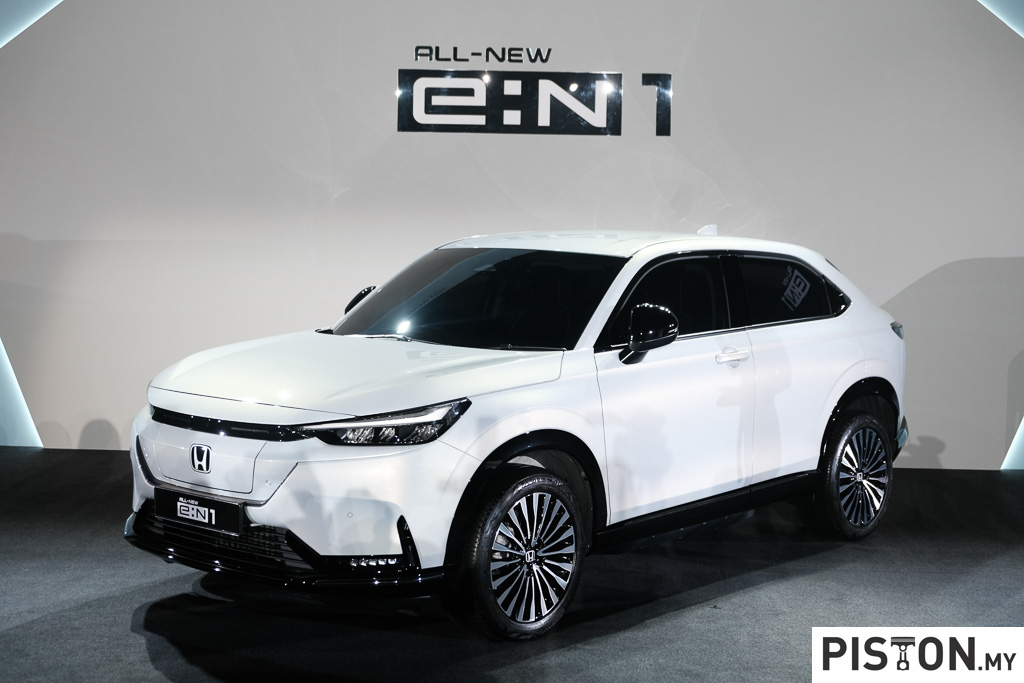
But while Chinese car makers and perhaps even Tesla itself will tell you that electric cars are the “be all, end all” solution to world’s mobility and environmental problems, Honda has taken a completely different approach (though we all know that’s not true).
As I found out recently during a trip to the Japan Mobility Show (previously known as the Tokyo Motor Show) and subsequent question and answer session with Honda’s top management, the company still believes that hybrids play a big role in transport.
But despite that, it also believes that battery electric vehicles have their place in supporting a sustainable environment. Honda says it will continue its research and development programme for electric cars and already has a few cars set to be launched in 2026.
One of those cars is the Honda Super-One Prototype. It is a small and fun electric car that has Honda’s fun loving DNA very much in its circuitry. And I have driven it.
But first, what is it?
In terms of sizing, it reminds me of the Honda City Turbo from the 1980s. It has kei car like proportions and if you’re not familiar with that term, a quick Google search defines it as a “light vehicle that sits in a category of small, lightweight vehicles in Japan that must meet specific regulations for size, engine capacity and power”.
The regulations mentioned include a max length of 3.48 meters in length, 1.48 meters in width and a height of two meters, as well as a maximum engine displacement of 660cc.
The Super-One prototype does not meet all of the requirements of a traditional kei car since it is electric powered, but on first glance a kei car is exactly what it looks like.
During the product presentation for the Super-One prototype, there were two words that kept recurring – fun and joyful to drive! The presenter mentioned that the Super-One was developed to be “fun to drive, which is part of Honda’s fun loving spirit”.
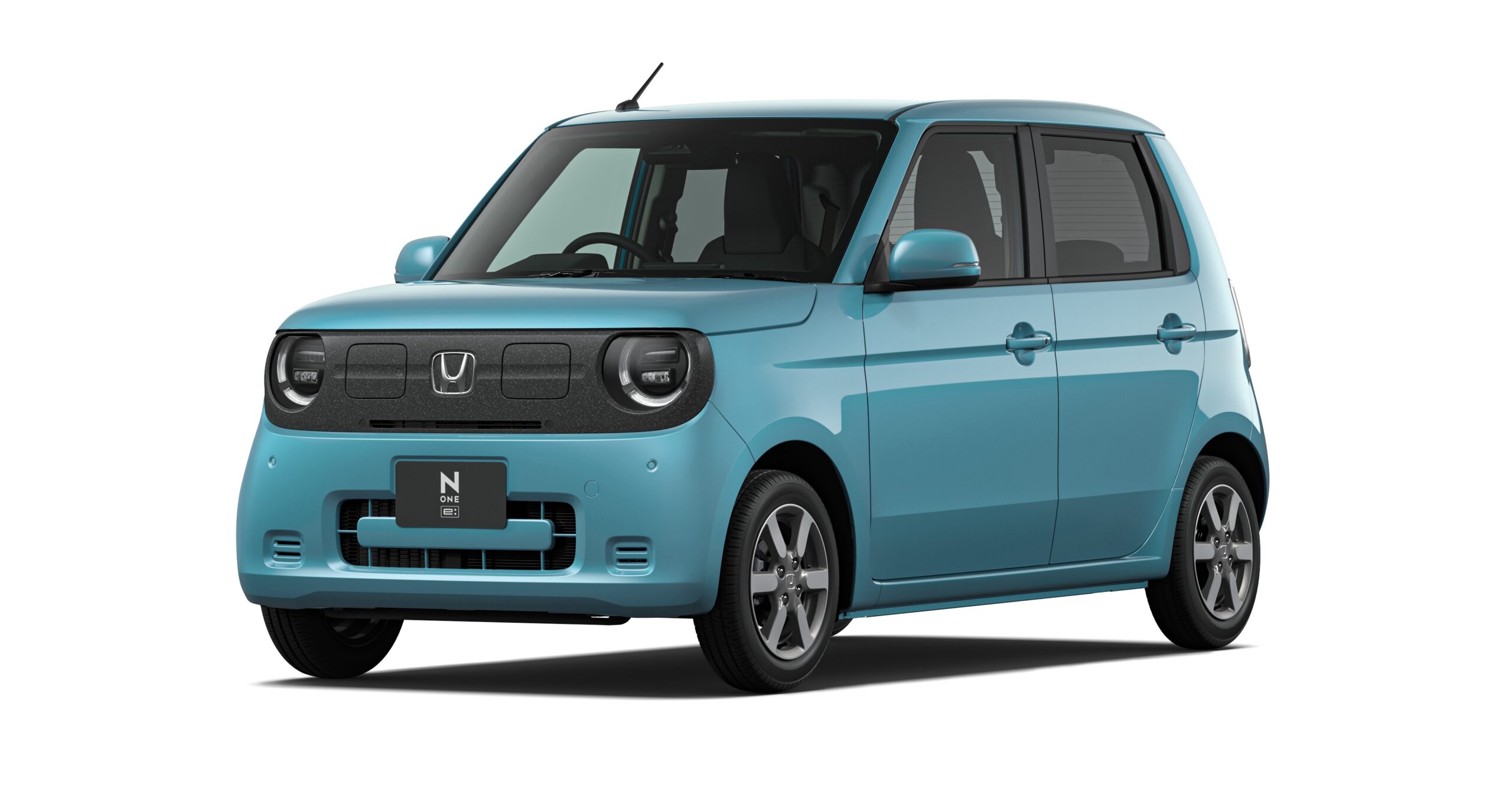
The Super-One is based on the N-One e: (that colon is weirdly part of the official name of the car but for the sake of good English, I will stop using it after this), which also shares its underpinnings with the N-Van e: (colon is again part of the name but I will stop now).
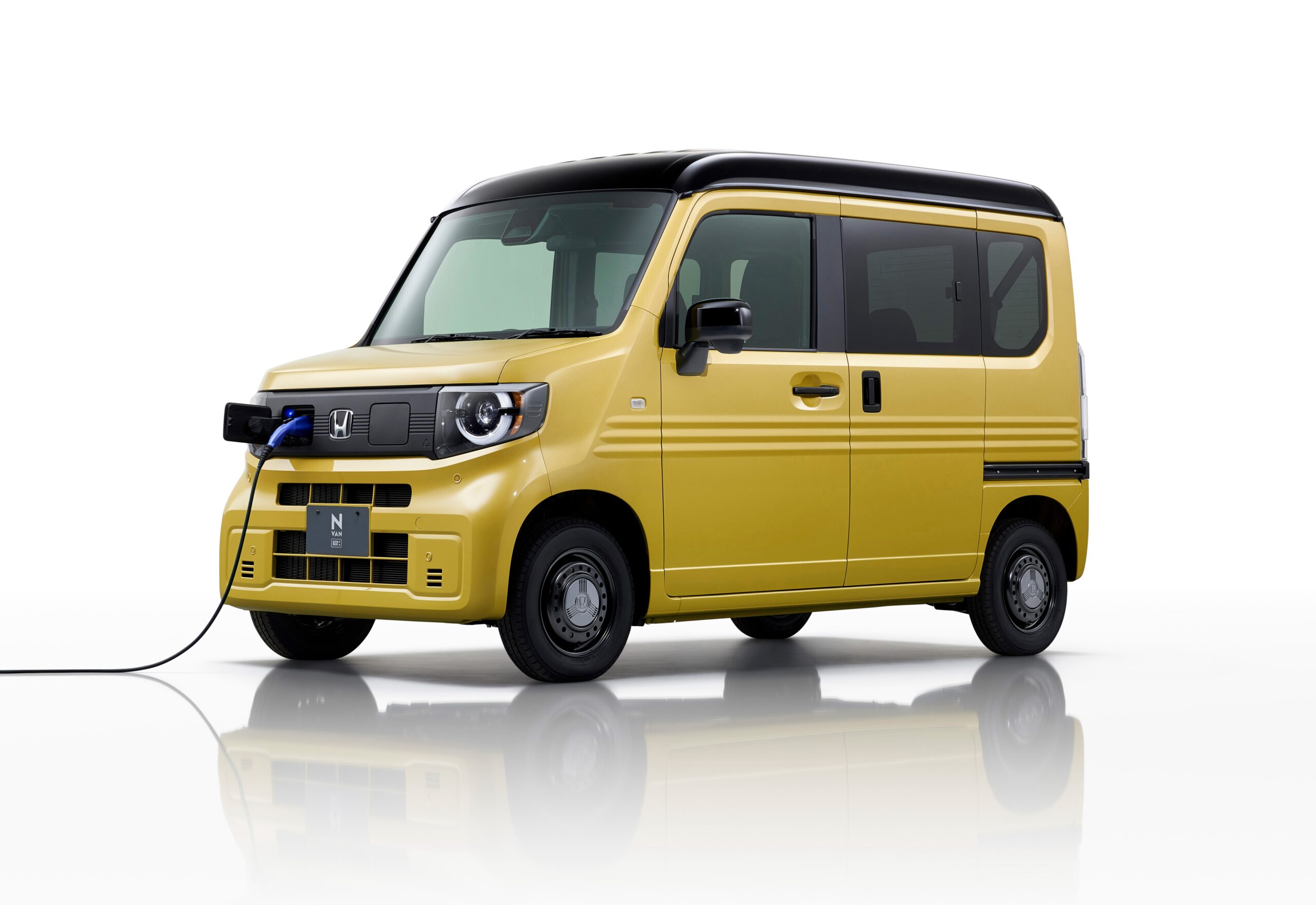
In fact, all three cars are built on Honda’s lightweight platform for N Series models.
And the N-One e and the Super-One prototype are also loosely based on the Honda N-one, a true kei car with a 658cc, petrol engine, first introduced back in 2020.
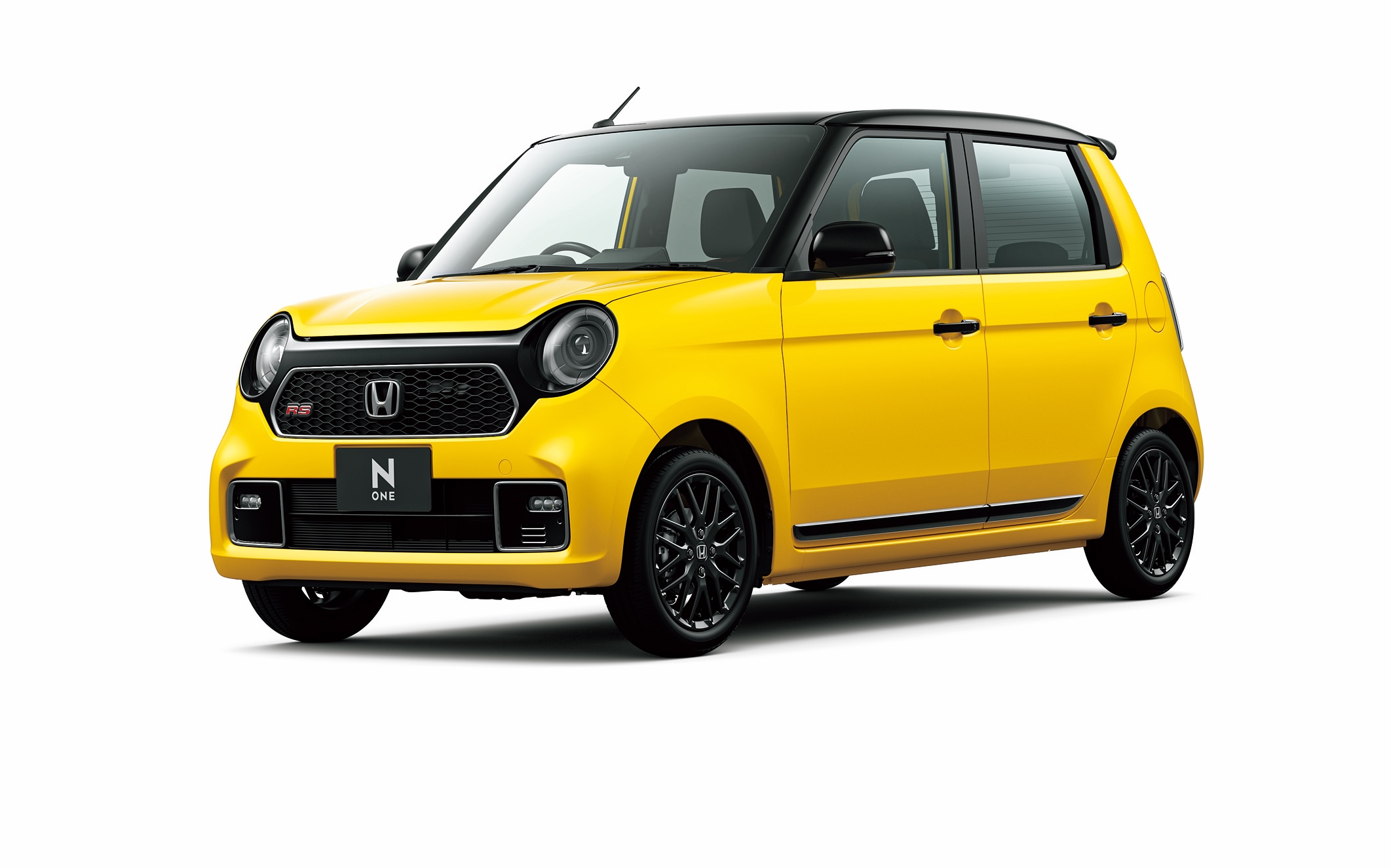
Back to the N-One e, it is powered by a 29.3kWh battery pack that gives it a WLTP range of 295km. This is important information to remember for later in this article.
So is the Super-One Prototype fun to drive?
It is built to be fun, and it definitely is, as what I experienced around Honda’s Tochigi proving ground.
A big part of the car centres around the augmented engine sound. This is precisely engineered to mimic the sounds of a sporty engine together with a seven-speed transmission.
The artificial sound also perfectly mimics the sound of rev-matching during down shifts.
Other members of the press who had also driven the car reported that they experienced “power cuts” in between these artificial shifts. This is also sometimes referred to as a fuel cut.
A power cut is what you experience during gear shifts when the engine cuts out, the clutch engages and a gear shift takes place.
Some car makers have learnt to artificially mimic this in their electric vehicles since these cars do not have a transmission box. This is done to add a touch of sporting character to a car that is otherwise too quiet and too vanilla in character. Both are aspects that matter for driving enthusiasts.
However, I personally did not experience this power cut. Perhaps I was not pushing the car hard enough.
But, I did experience it in the Honda Prelude I drove after the Super-One, and though that’s a different story I can say that it makes the car feel like a regular, fast, performance car.
Honda’s official press release on the Super-One prototype mentions that the car “simulated seven-speed transmission that reproduces the gearshift feel of a traditional multi-gear transmission.”
What else?
It’s size is a big part of its character. If you have ever driven a small, turbocharged car like a Perodua Kancil with a turbocharged engine swap, you will know what I am talking about.
It’s speed is not exactly brain numbing but the sound that you get when boost mode is activated just makes it feel like a proper pocket rocket.
I also really like that the steering mounted paddle shifters act like they are shifting gears and this just makes it feel like you’re piling on speed quickly.
But glance at the digital instrument cluster and you will realise you are not going anywhere very quick. The car just makes you feel that way and I really don’t mind it because what eventually matters is how the car makes you feel, and the Super-One prototype feels like a lot of fun.
The Super-One also differentiates itself from the base N-One e through a steering mounted Boost button.
It is unclear whether it adds more power when activated, but it surely makes the car sound and feel purposeful when pressed. Honda says that when the Boost mode is turned on, it “stimulates the driver’s senses – including visual and auditory senses, as well as a tactile sensation of acceleration and vibration.”
Let’s talk about the interior.
Before we get to the overall look and feel, let’s get one thing out of the way, the Super-One is a small car, the rear seats feel cramped, and the boot space can only be described in the most Malaysian manner – “boleh, lah”.
I am a tall and wide guy, and so was the Honda engineer sitting next to me during the test drive. And we were almost shoulder to shoulder.
Now that we have got that out of the way, the dashboard looks and feels simplistic, but you get hard buttons for all of the key controls. Honda may have taken its time with EV’s, but at least it has learnt from real world feedback what the Chinese and Tesla are still struggling with – hard buttons matter!
Besides that, all of the controls are from the usual Honda parts bin. The window switches look similar to the Honda City, as does the infotainment system. The gear selector buttons are from the Honda e:N1 but the two spoke wheel will be new territory for Malaysians. The buttons on the wheel? Not so much as they too are lifted from other Honda models.
The seats are similar to the ones in the N-One e, but here they are finished in different materials that include something that looks like denim, suede and what I am assuming to be faux leather. All held together by blue stitching.
Honda’s official press materials describe the interior as “a space that heightens anticipation for an excellent driving experience.”
What about tech?
Earlier in this article, I asked that you remember the battery and range of the N-One e, and this is where it is important because Honda is holdings its cards close to its chest with regards to all the tech that underpins the Super-One.
But since both cars are pretty much the same, though the Super-One has flared arches, an angrier stance, and some go fast bits, we can make some correlations.
The N-One e utilises a 29.3kWh battery pack which gives it a 295km WLTP range. In terms of charging, the base car can be recharged using a 6kW AC charger that will take 4.5 hours to fully recharge while a 50kW DC fast-charger will take 30 minutes to reach 80%.
Though there is little to no information regarding the tech underneath the Super-One, the fact that both cars share the same platform means that it would not be too far-fetched to assume that the powertrain is the same as well.
In fact, one could also be forgiven for thinking of the Super-One as the angrier sibling of the N-One e, one designed for a little bit of fun rather than a bland, characterless everyday EV.
Central to the Super-One prototype package is that aforementioned Boost button.
So will we be getting it in Malaysia?
Honda says that its Super-One prototype “has undergone testing on various road surfaces and under diverse climate conditions in Japan, the UK and other countries across Asia to further enhance its driving performance”.
In fact, the Super-One has already been spotted being tested in Malaysia as well. And more importantly, Honda is not a company that will fly a group of journalists to Japan to test drive a car only for the car not to make it to our shores.
The real question is not if it will arrive in Malaysia, but when.
And when it does, keep in mind that the Super-One prototype was also showcased at the iconic Goodwood Festival of speed in the UK. And that itself shows that Honda wants to position it as a “unique car with new possibilities of a new joy of driving unique to Honda EVs.”
After what I experienced with it, I believe that driving enthusiasts will like it as much as I did. Sometimes you don’t have to go fast to have fun.
Specifications: Honda N-One e (base car)
Battery: 29.3kWh
AC charging: 6kW (4.5 hours, 0-100%)
DC charging: 50kW (30 mins, 10-80%)
Range: 295km WLTP
We like: Fun to drive character
We don’t like: Front mounted charging port


